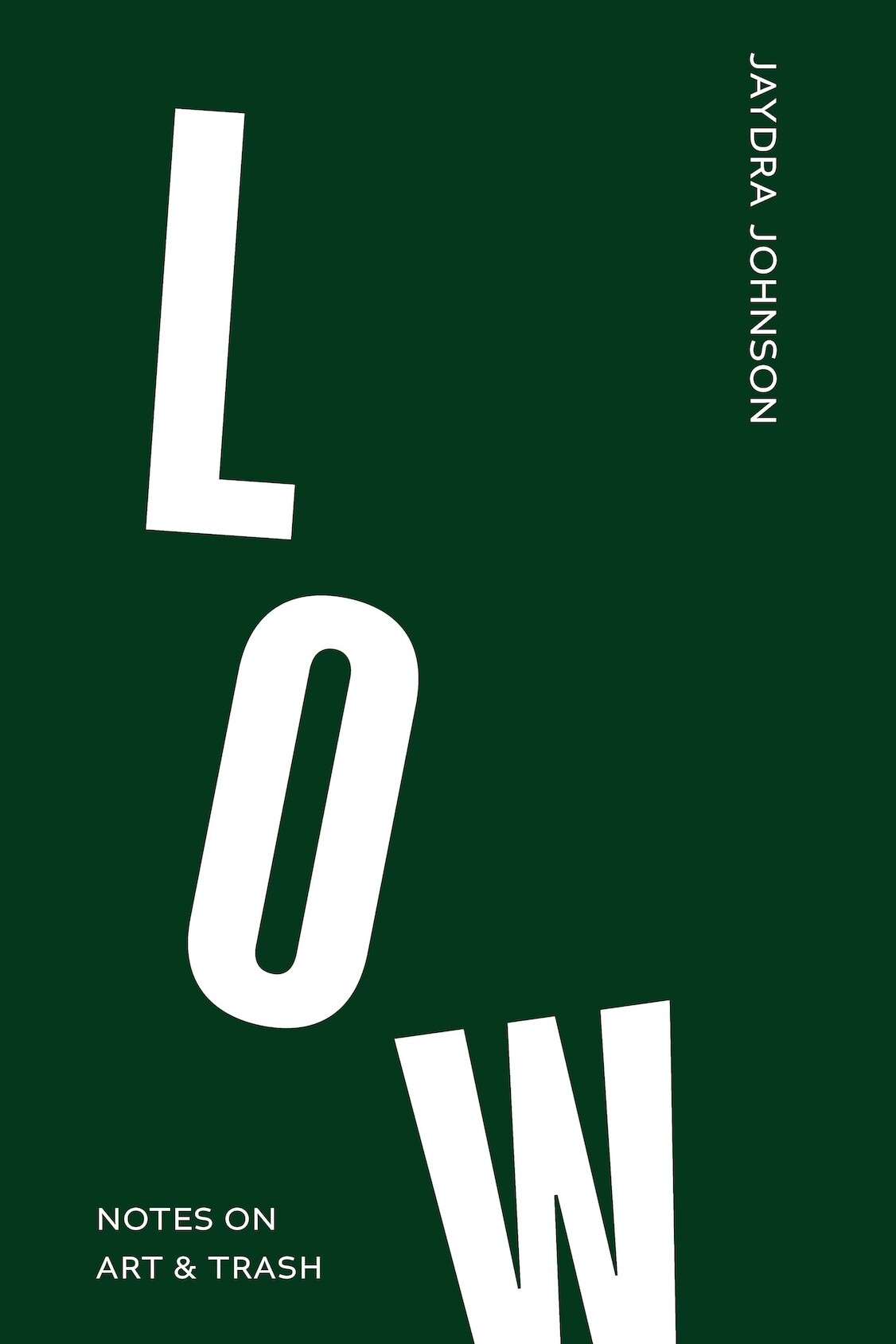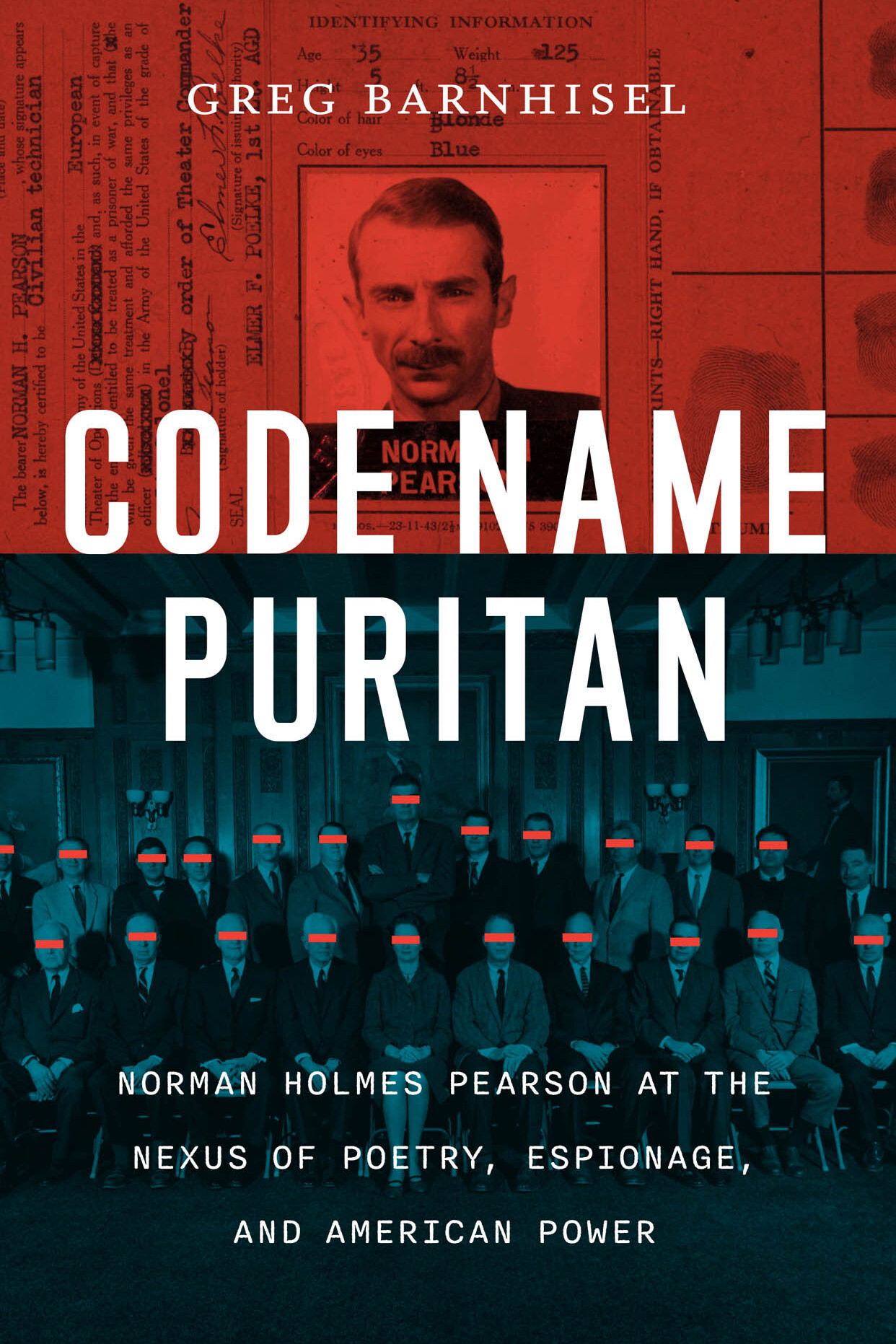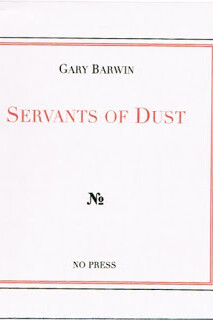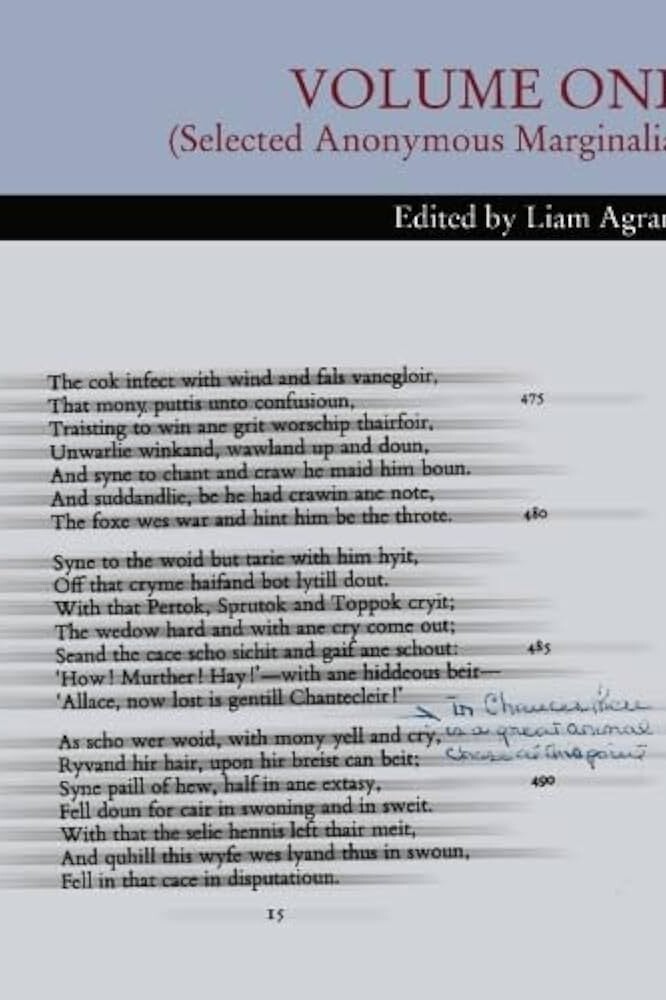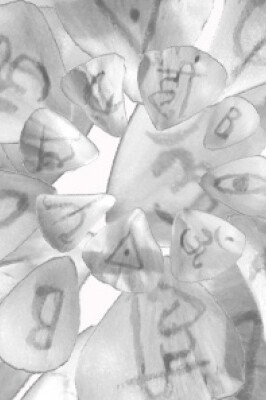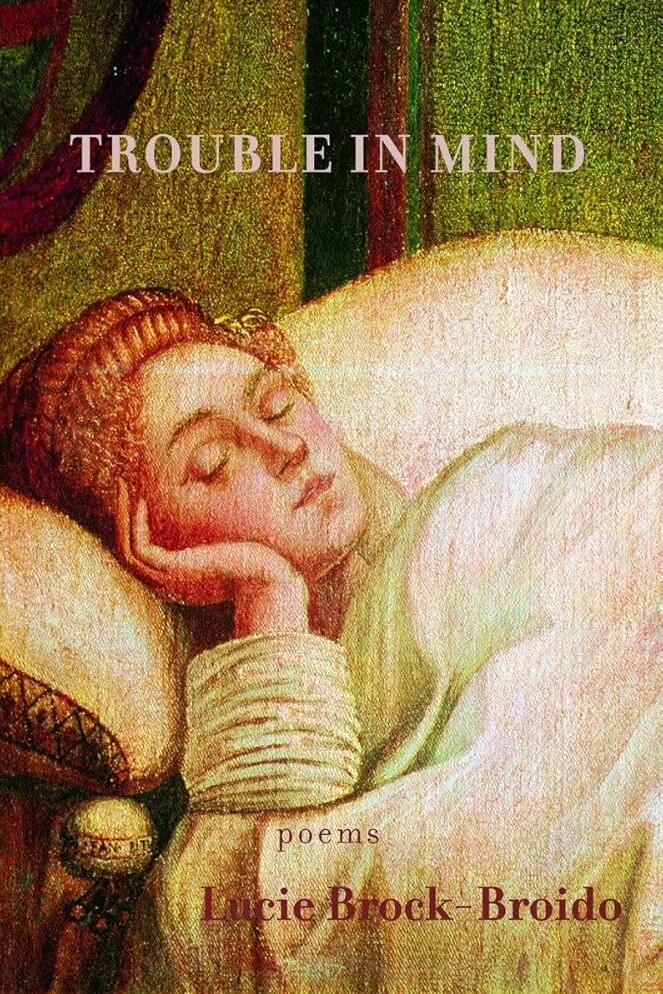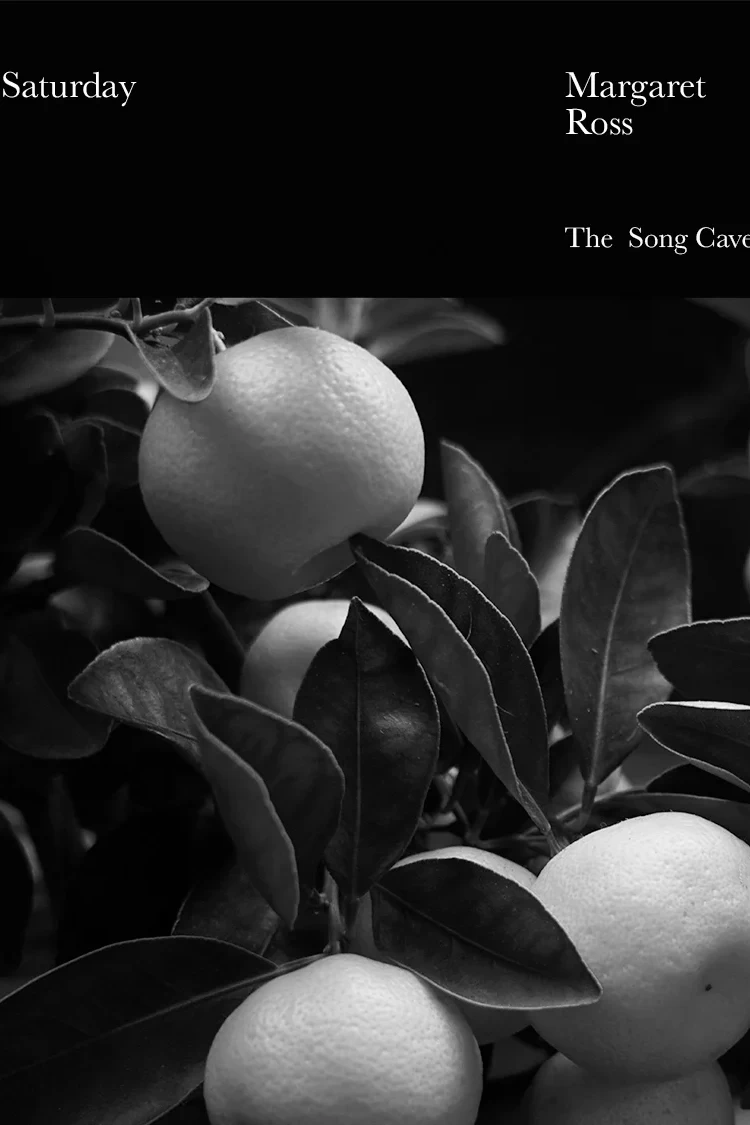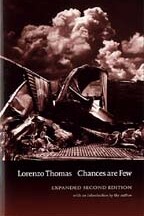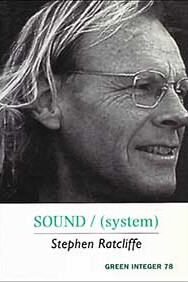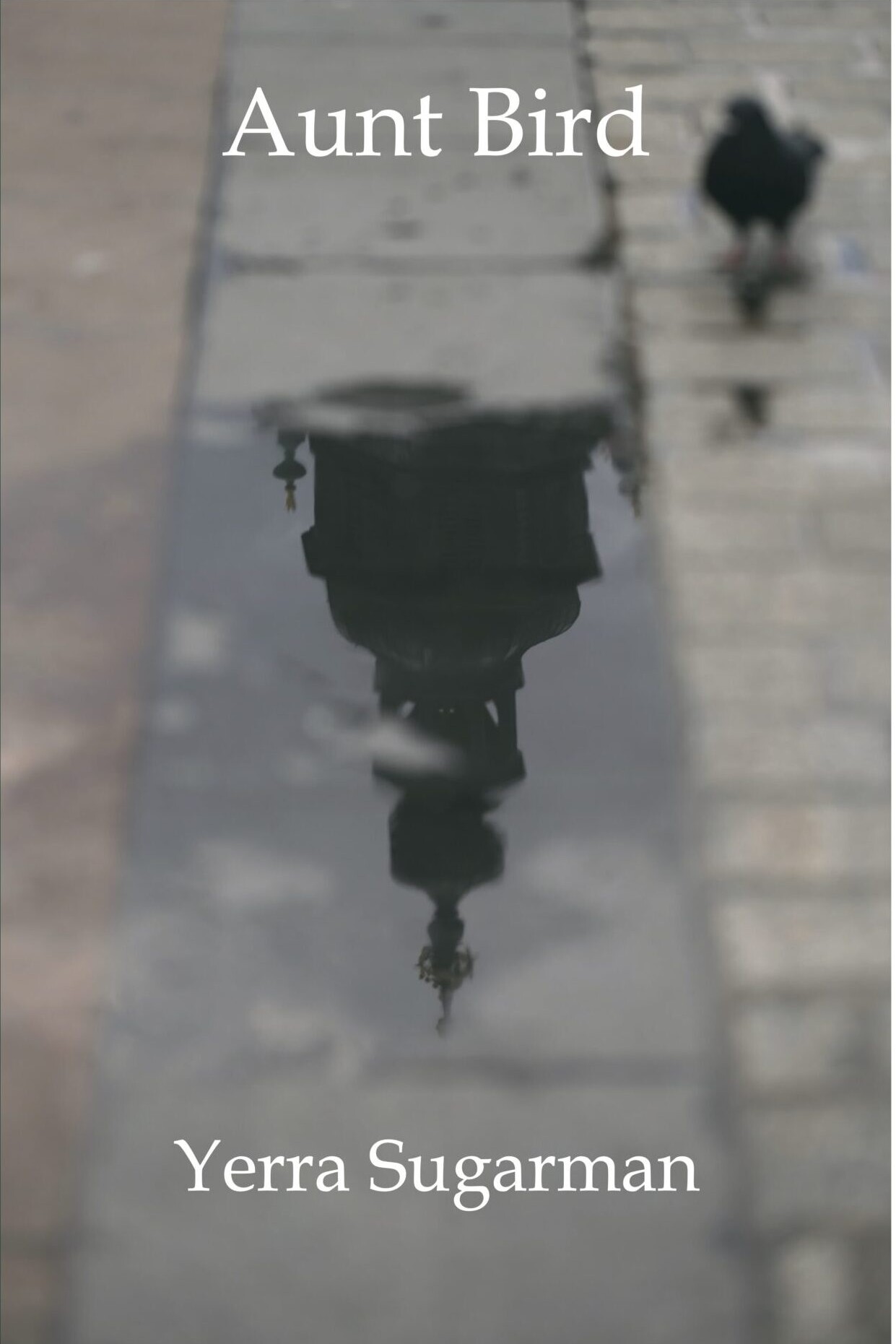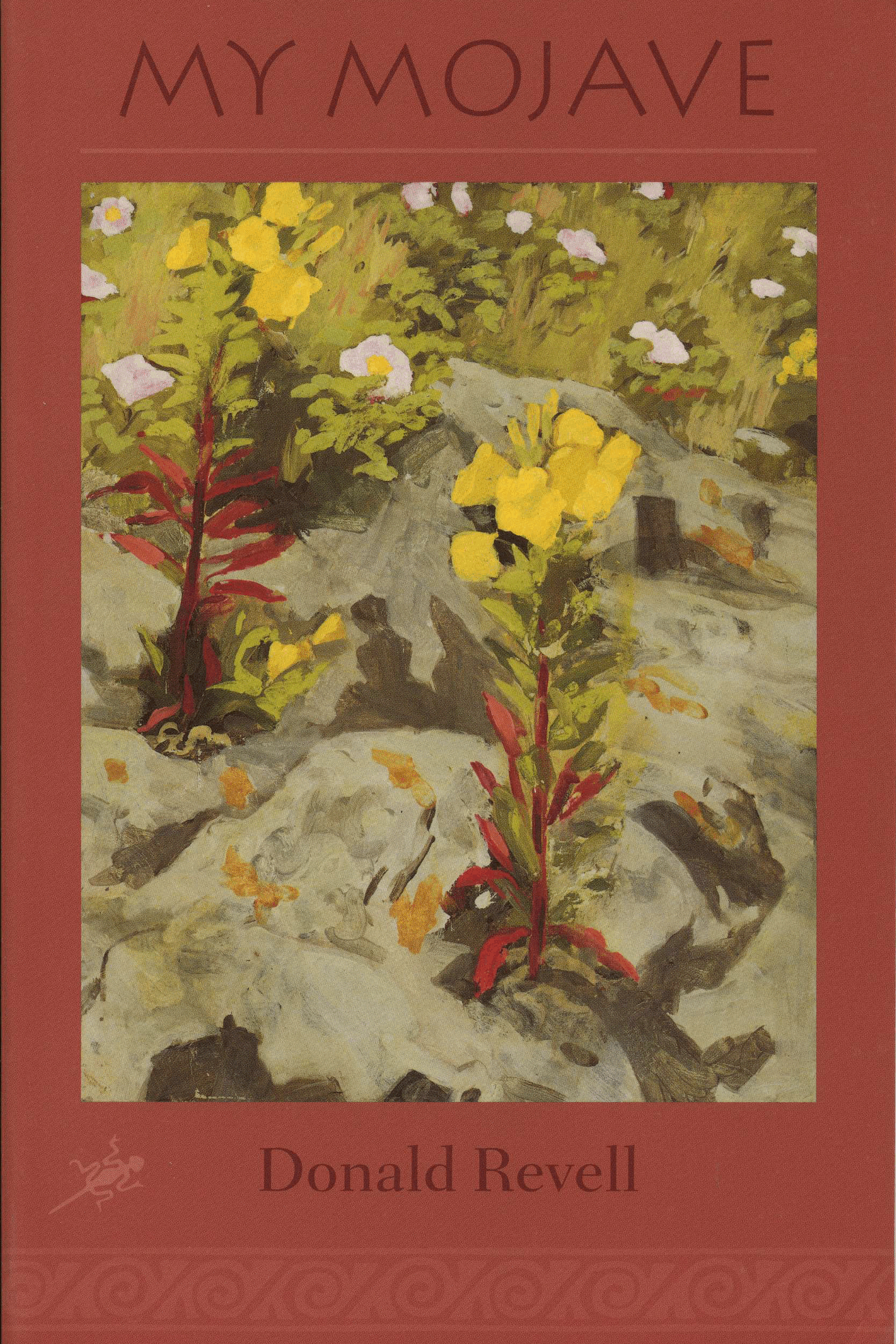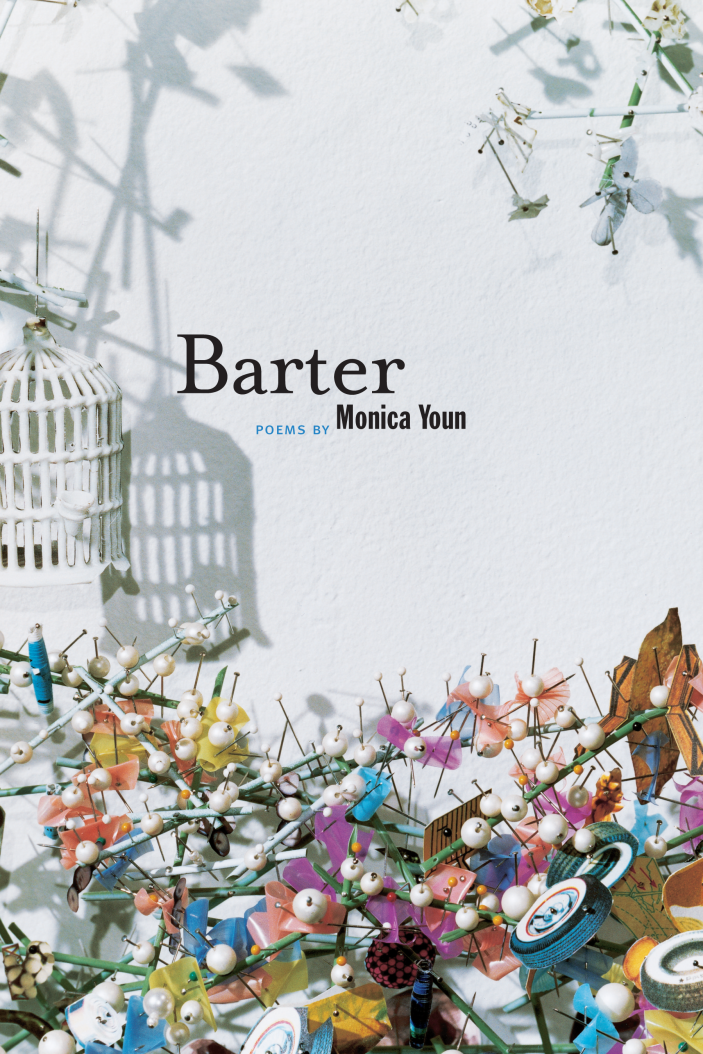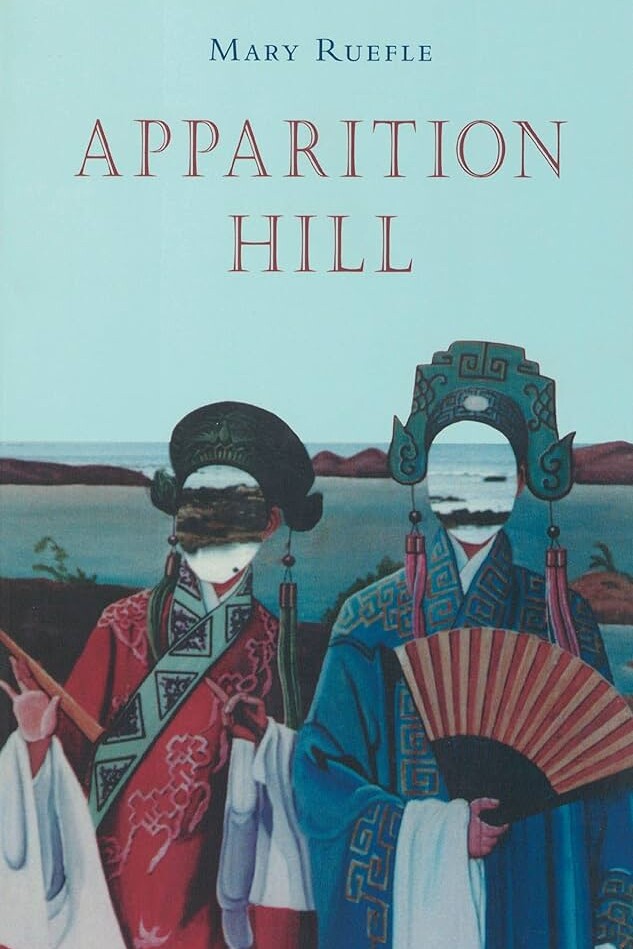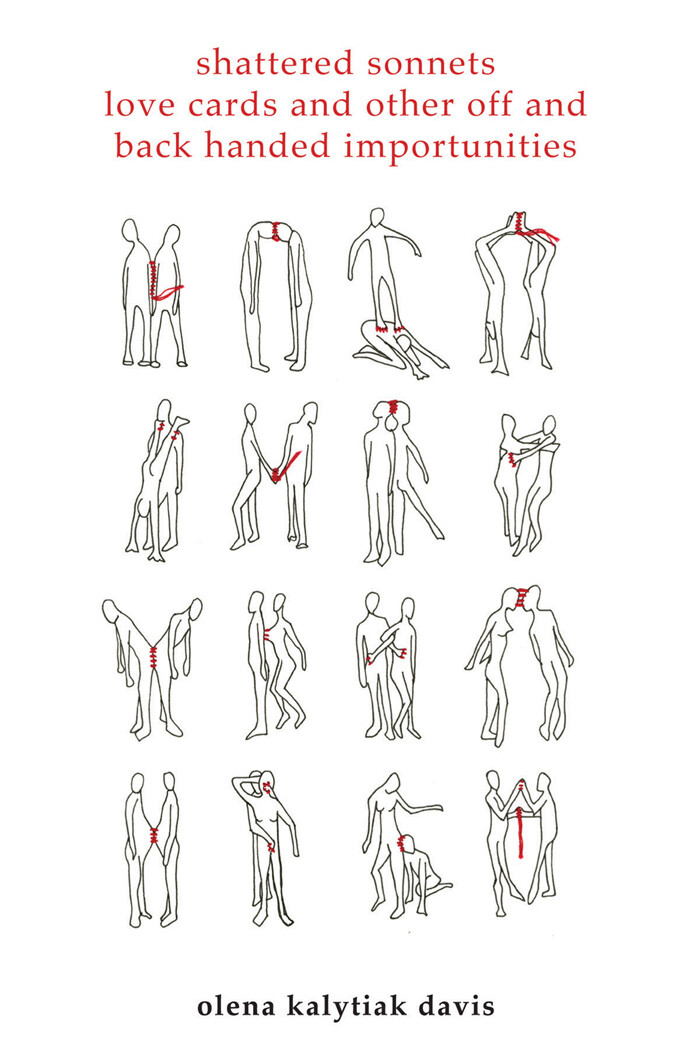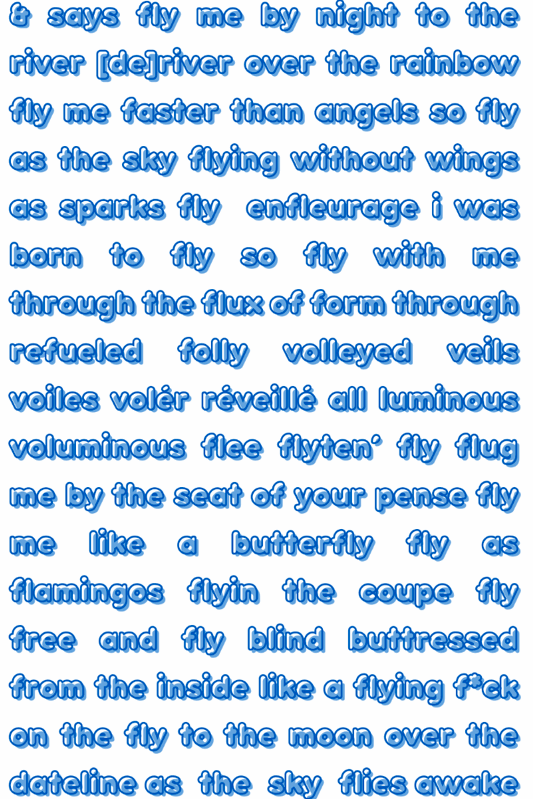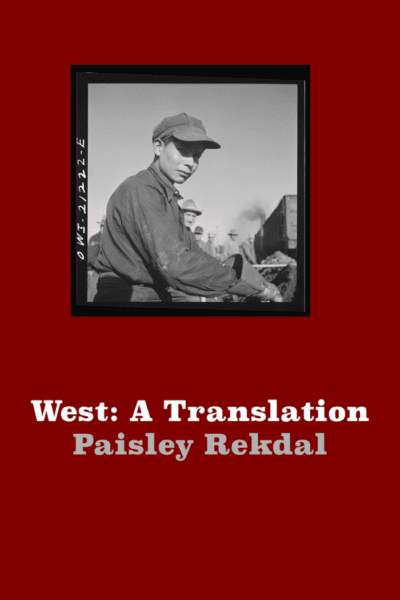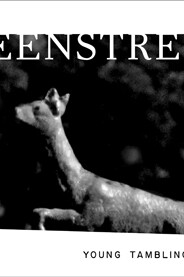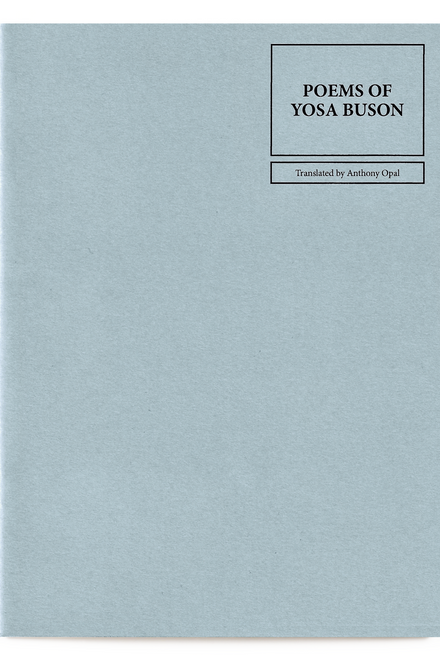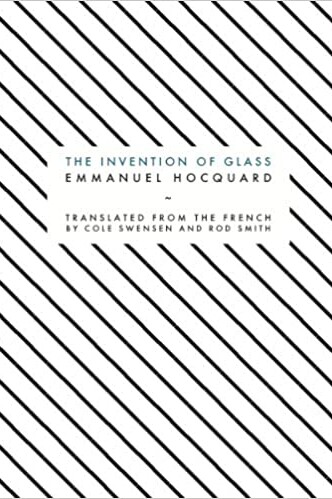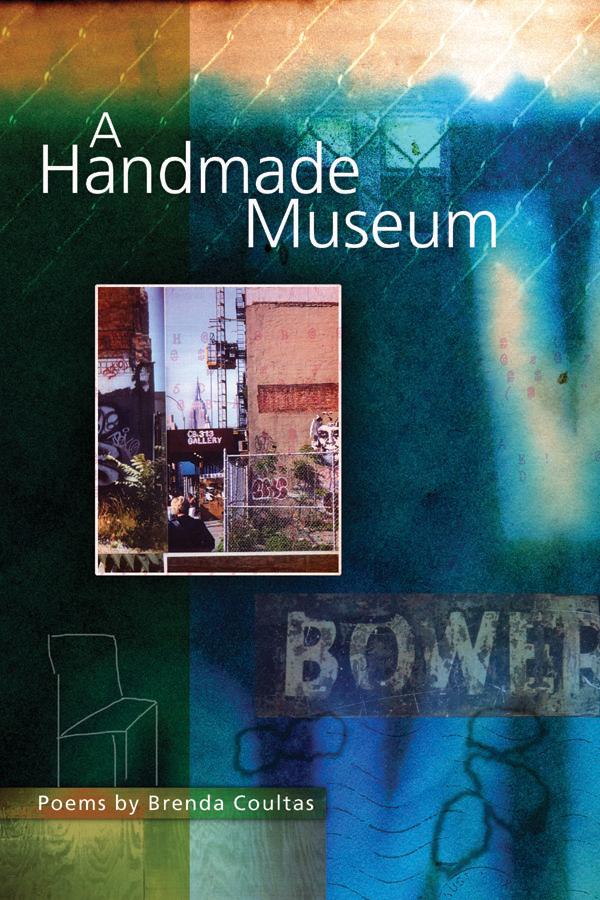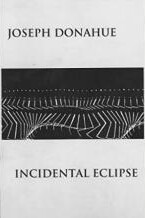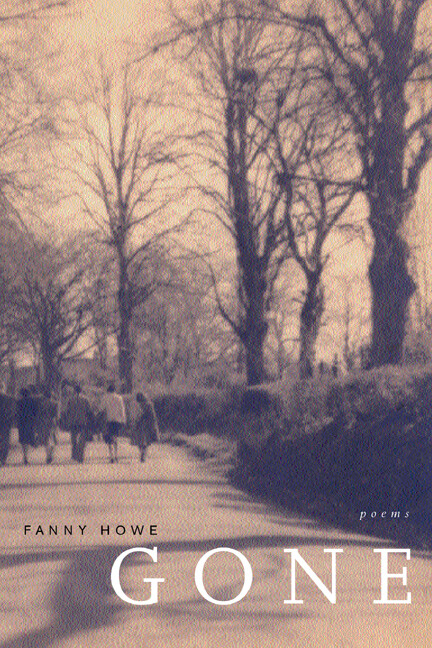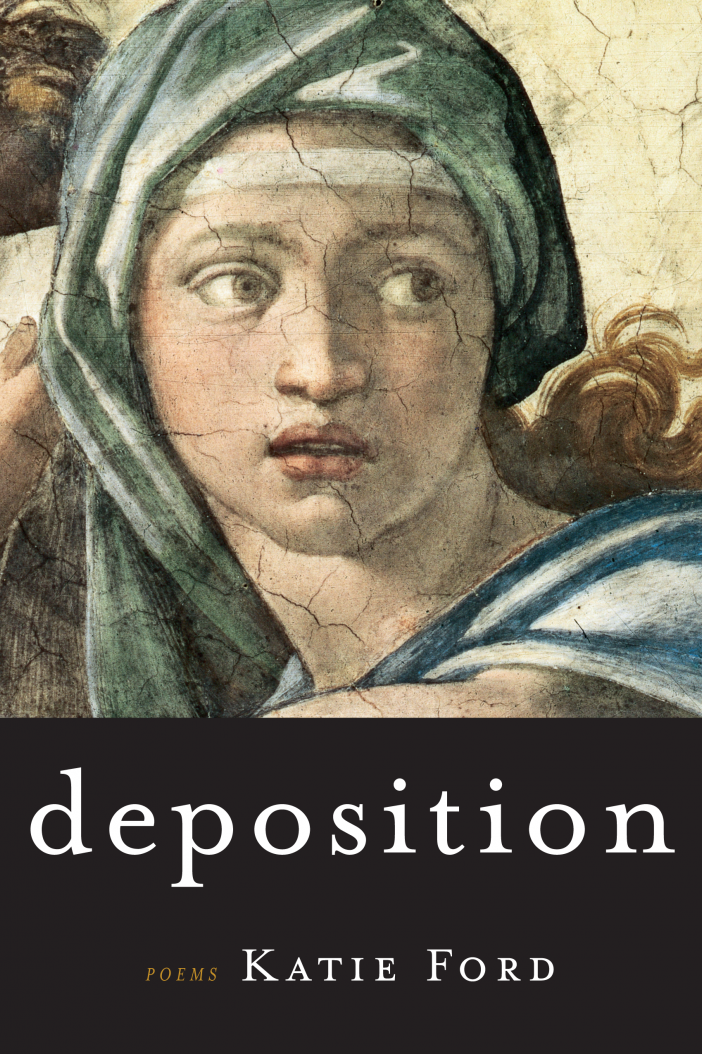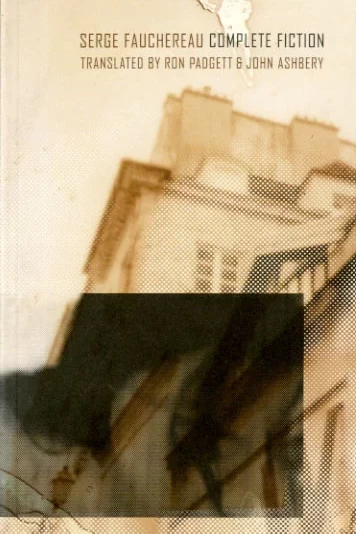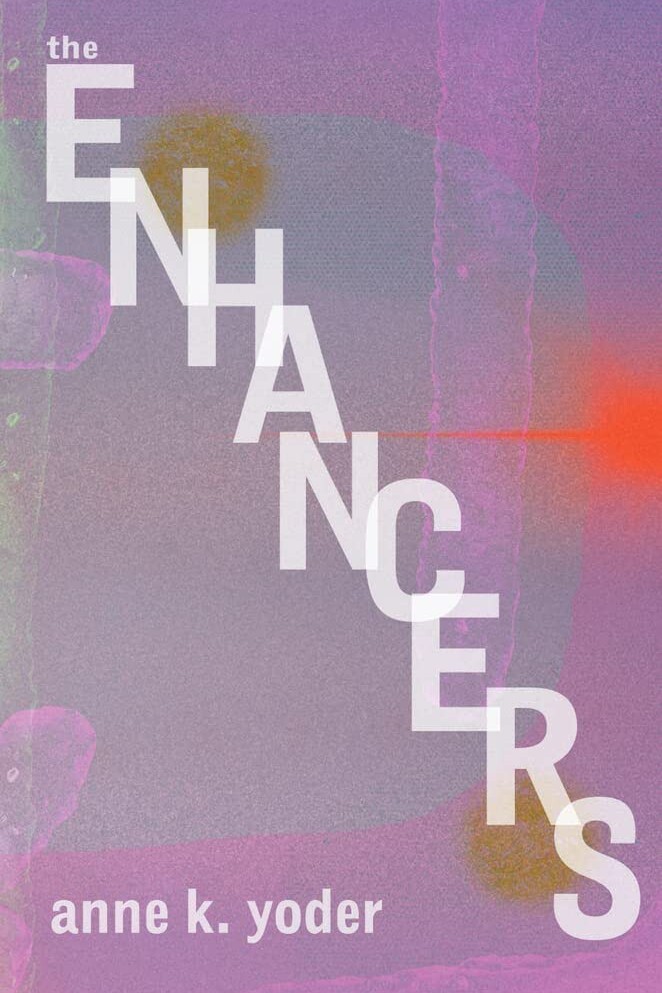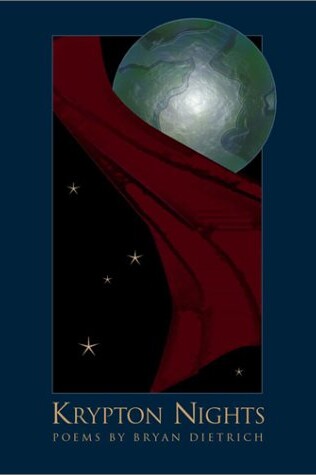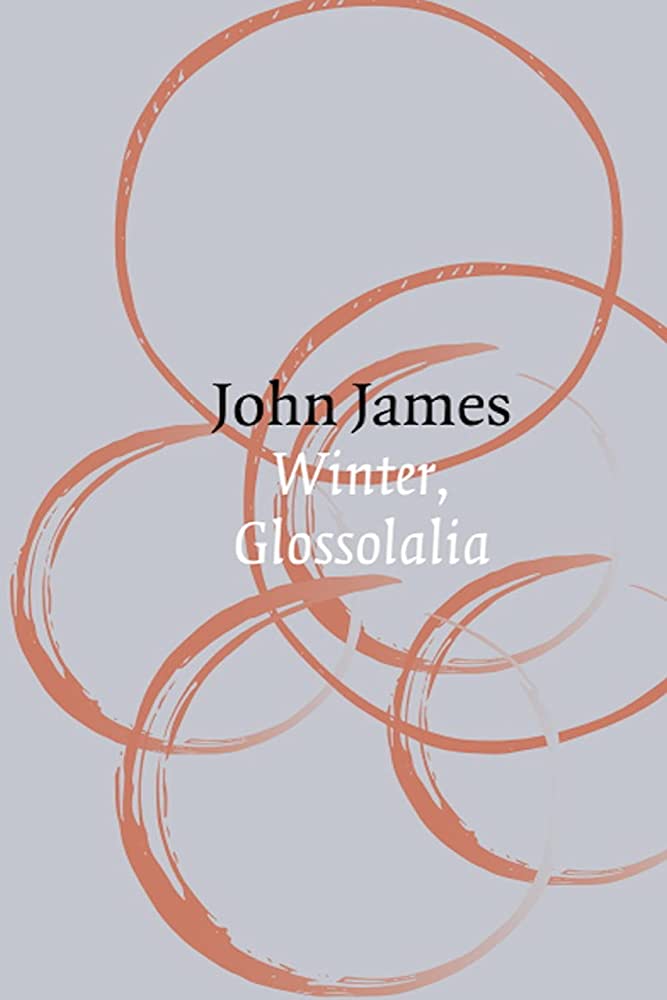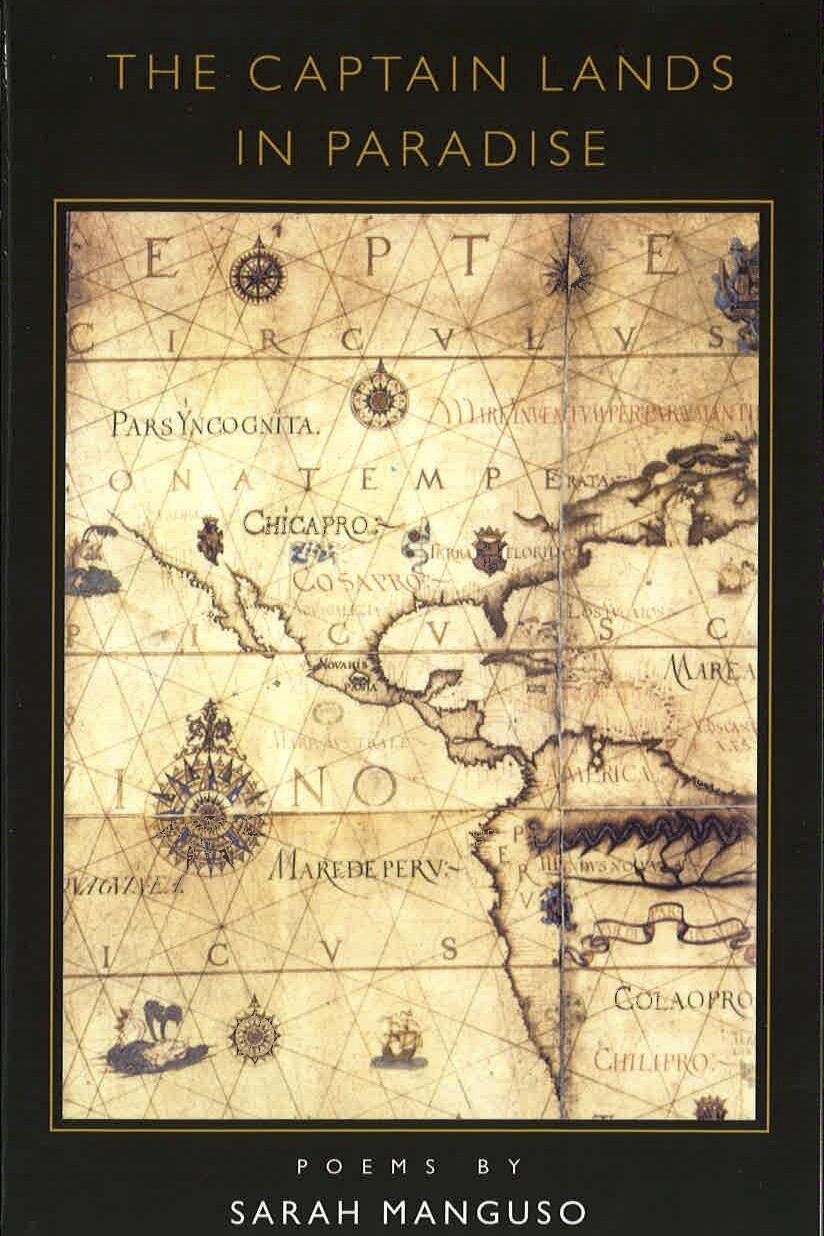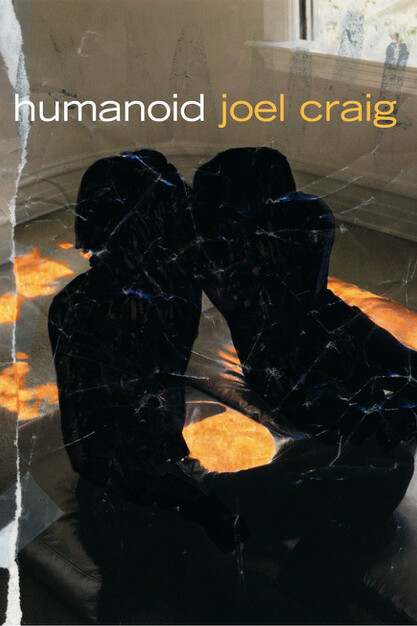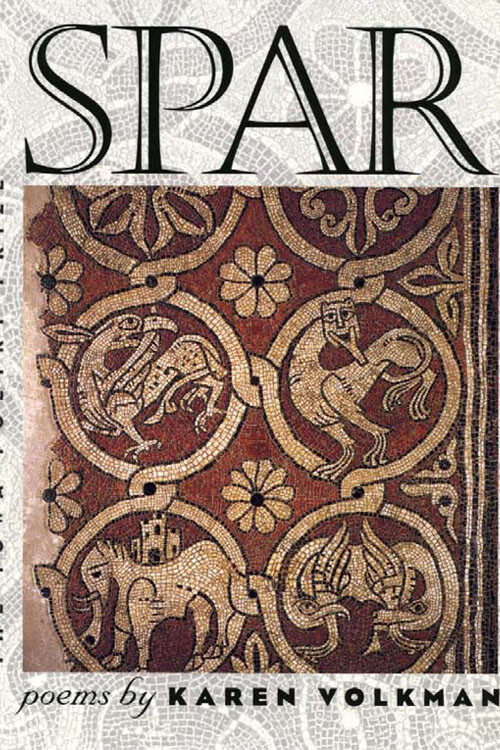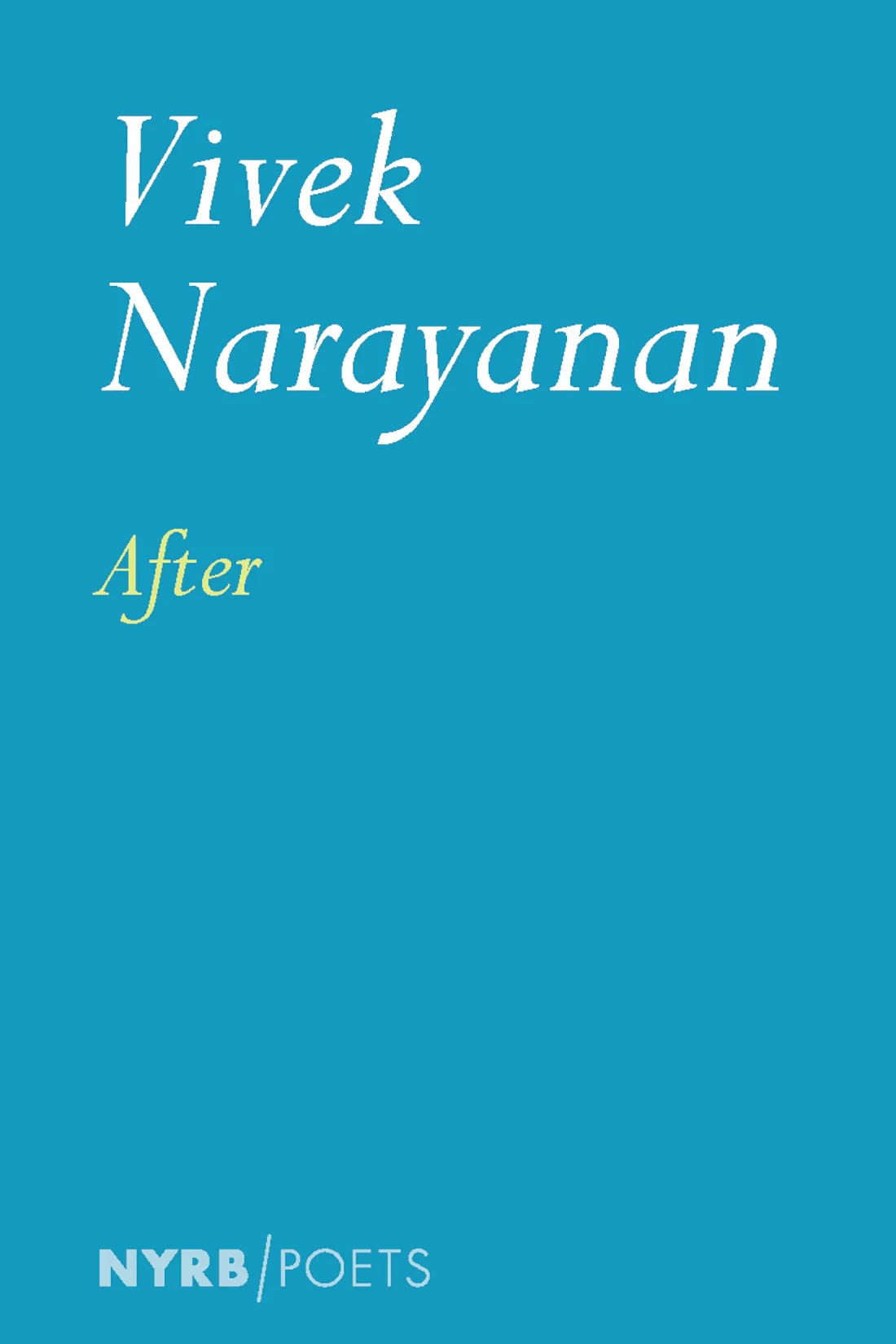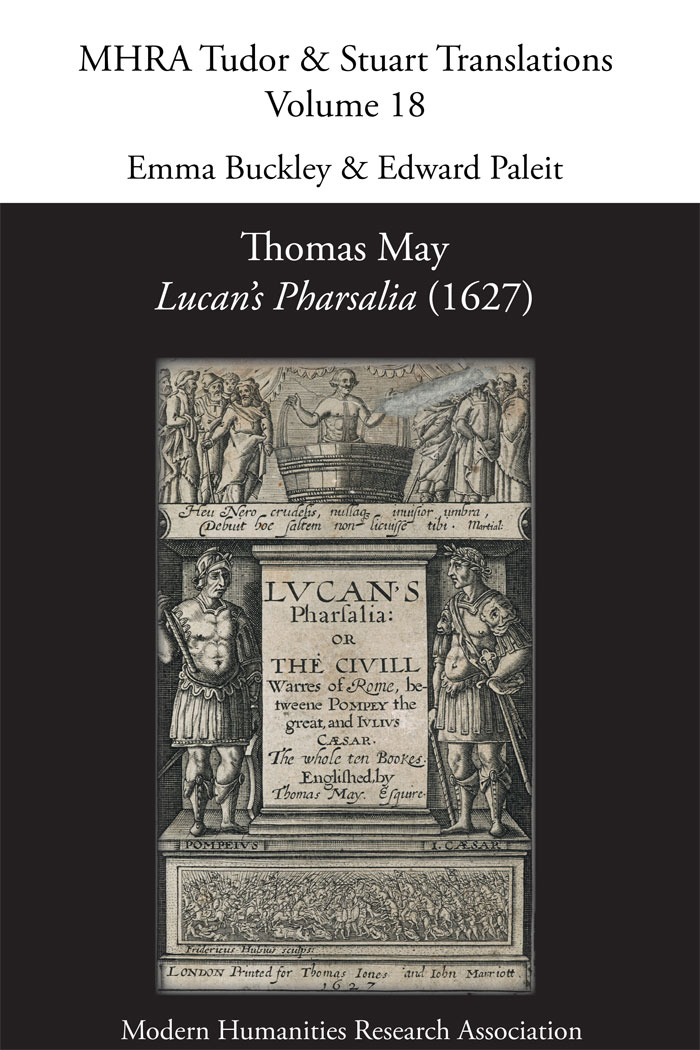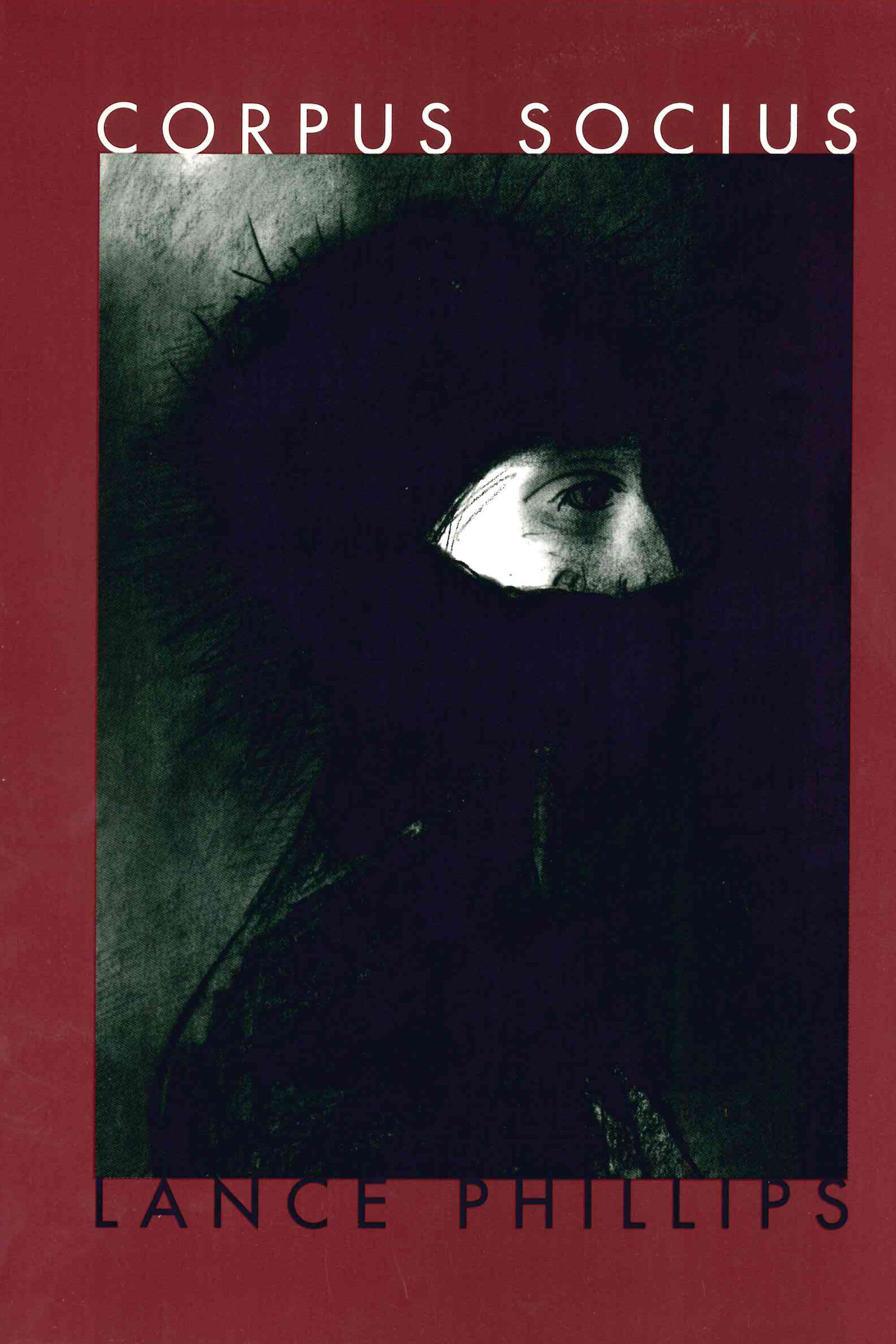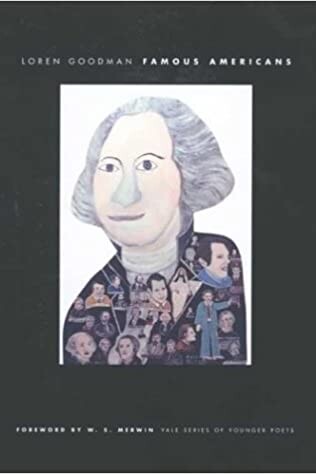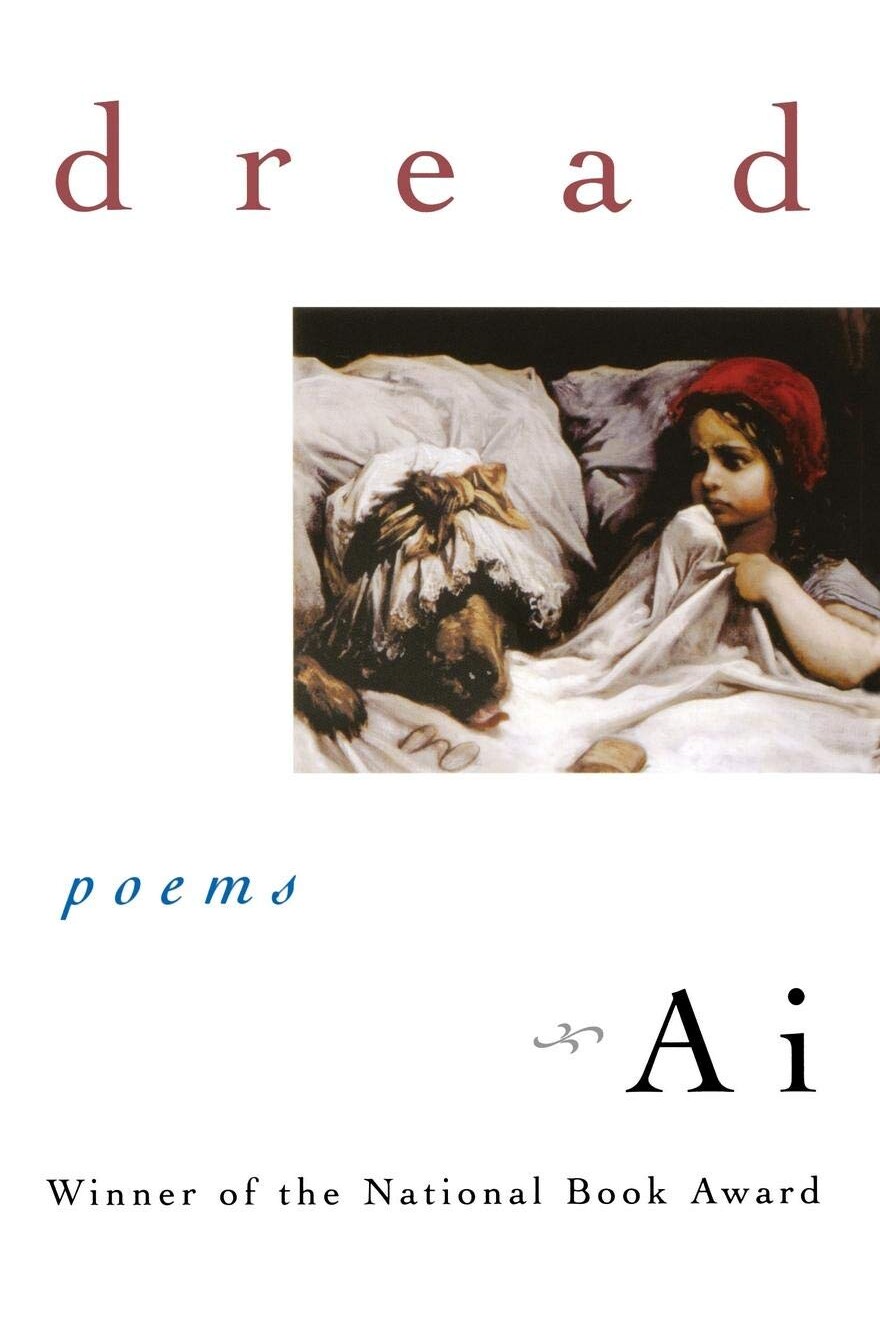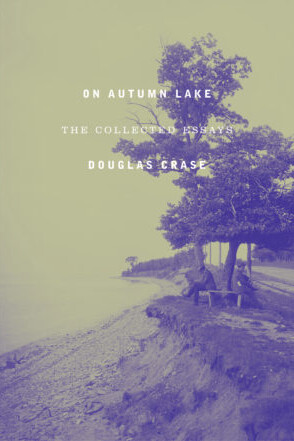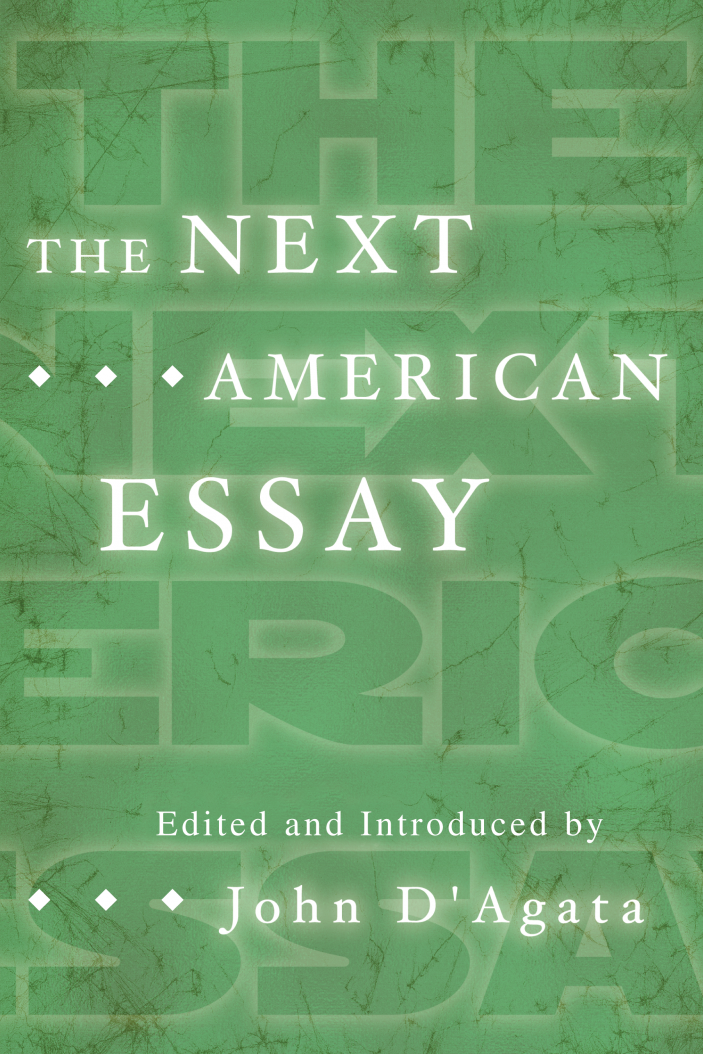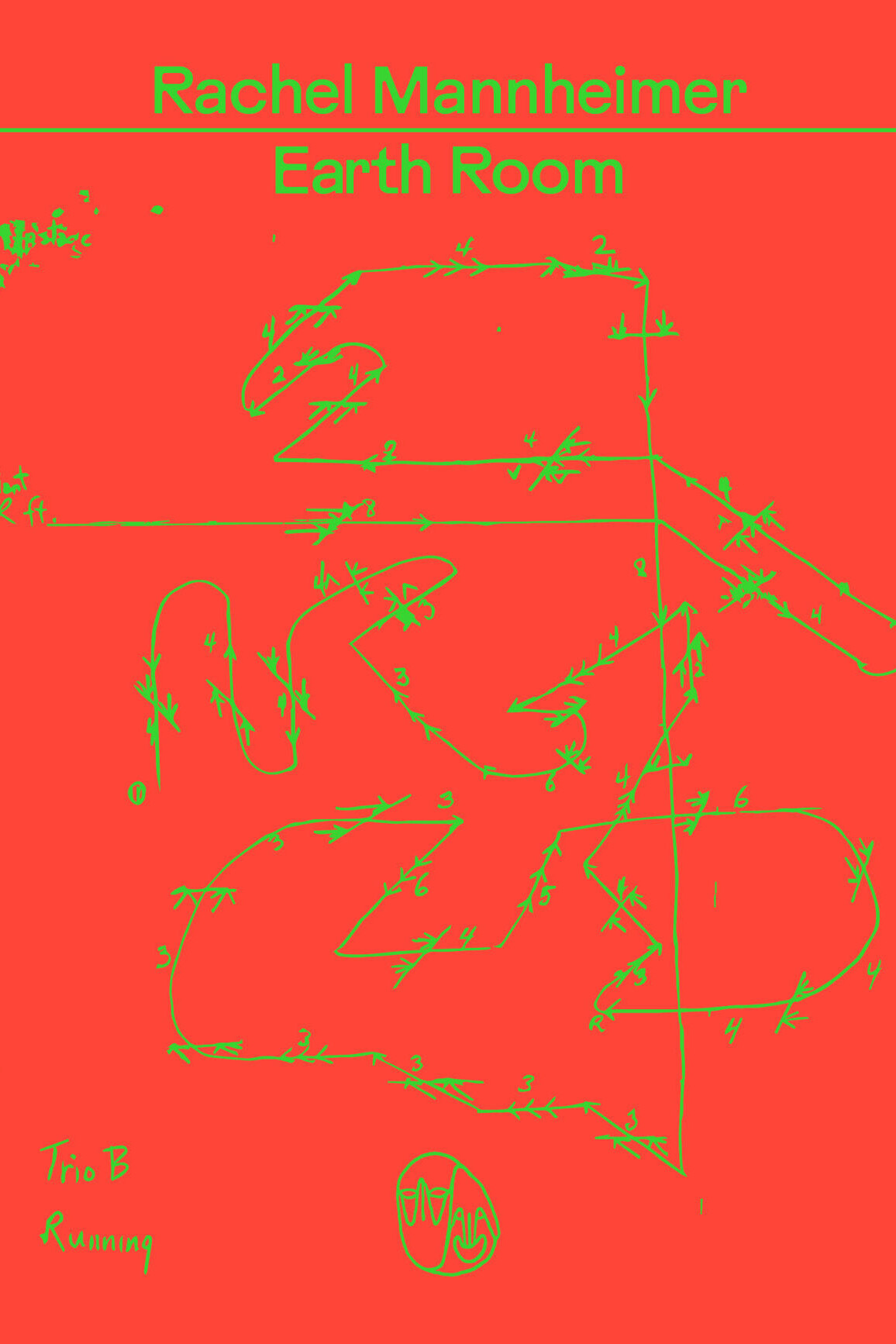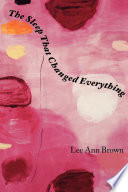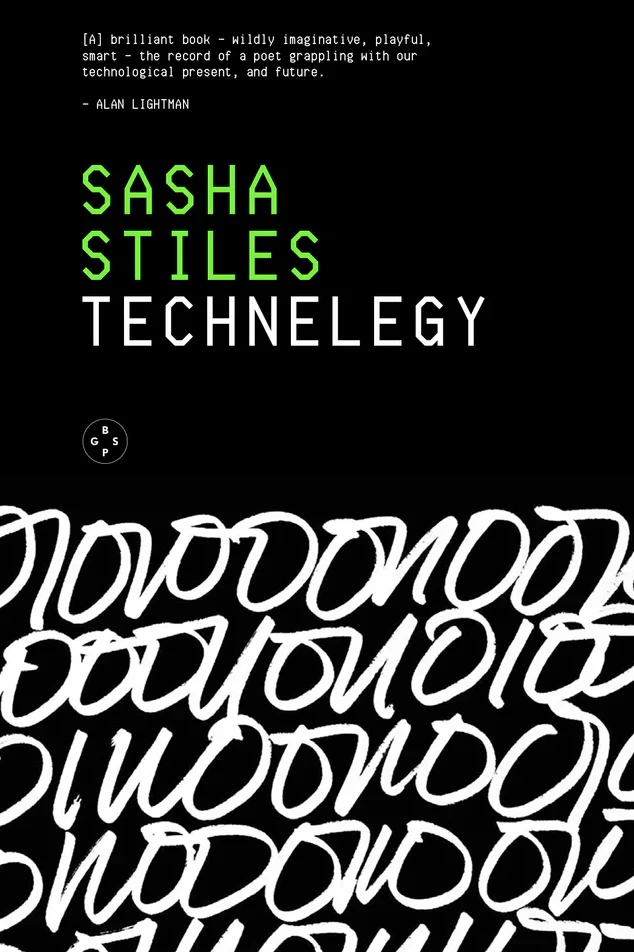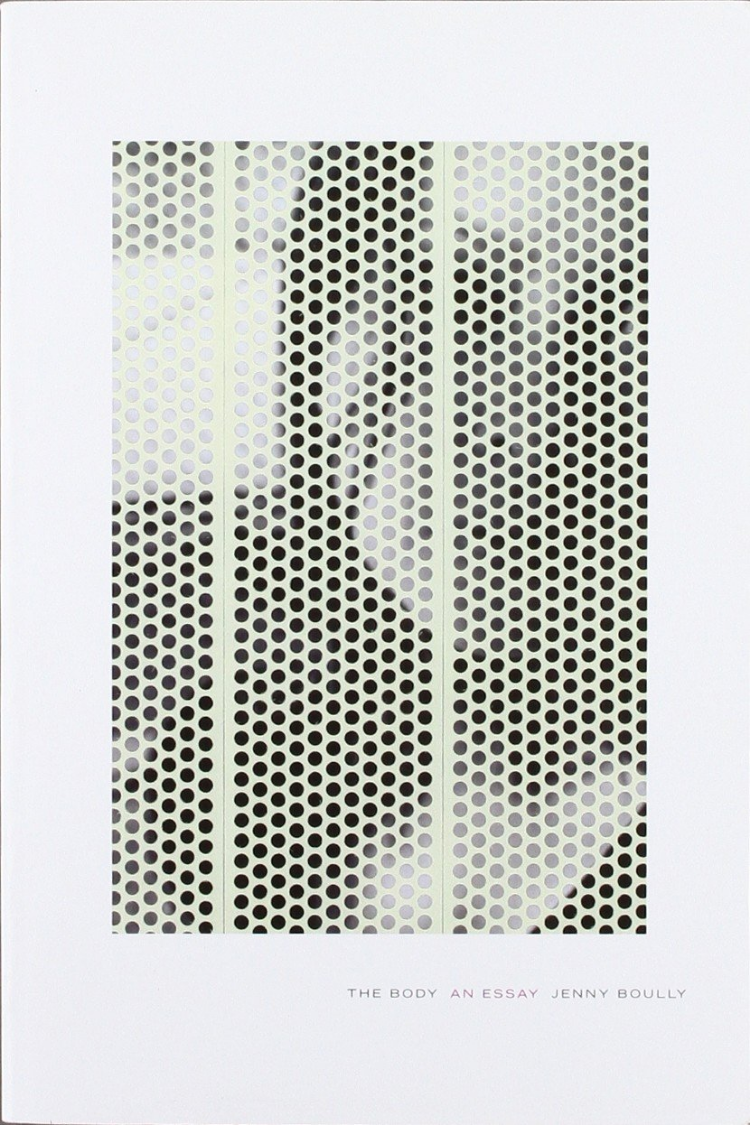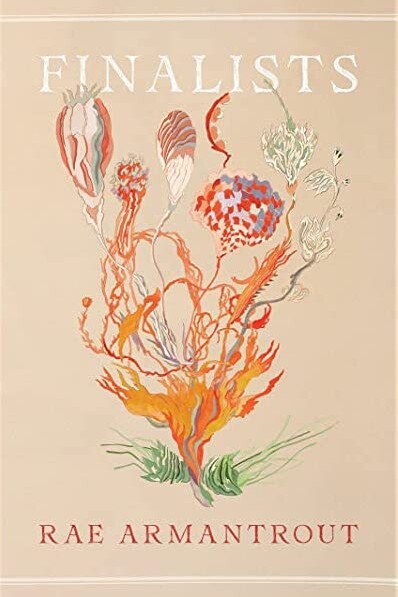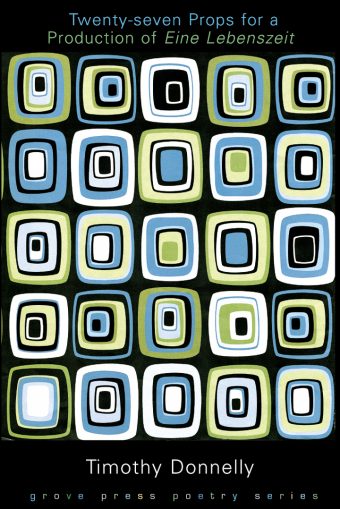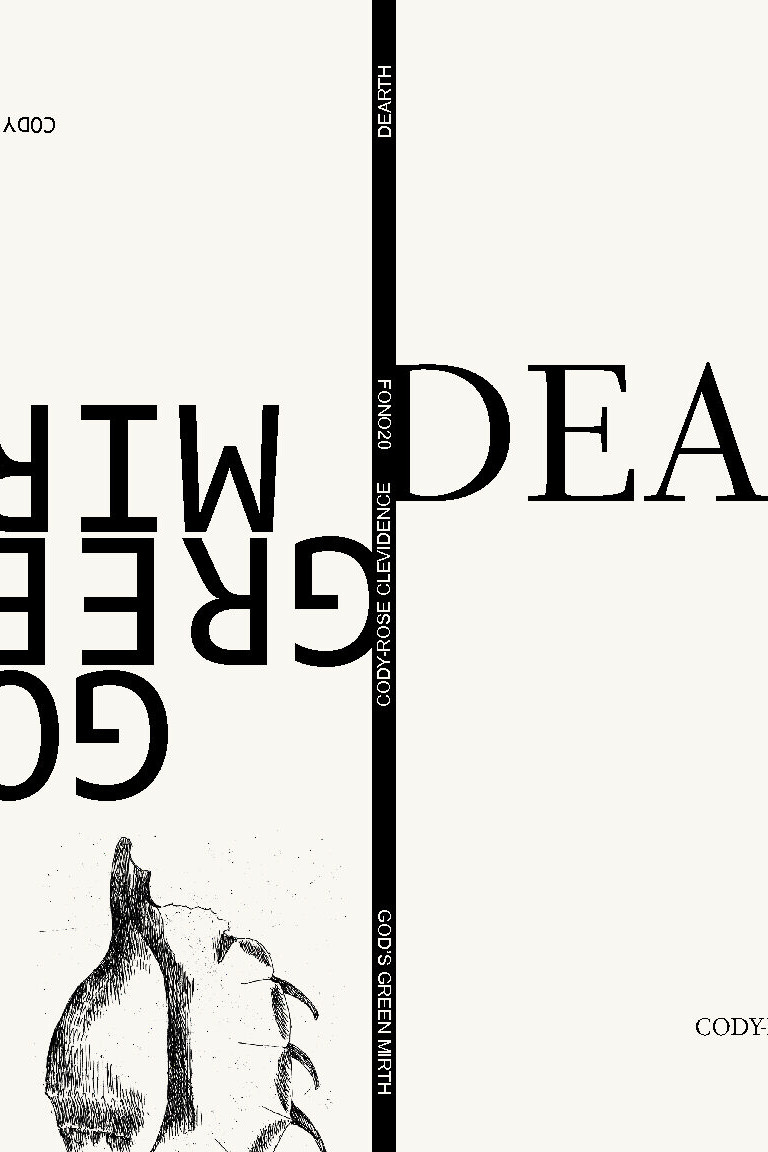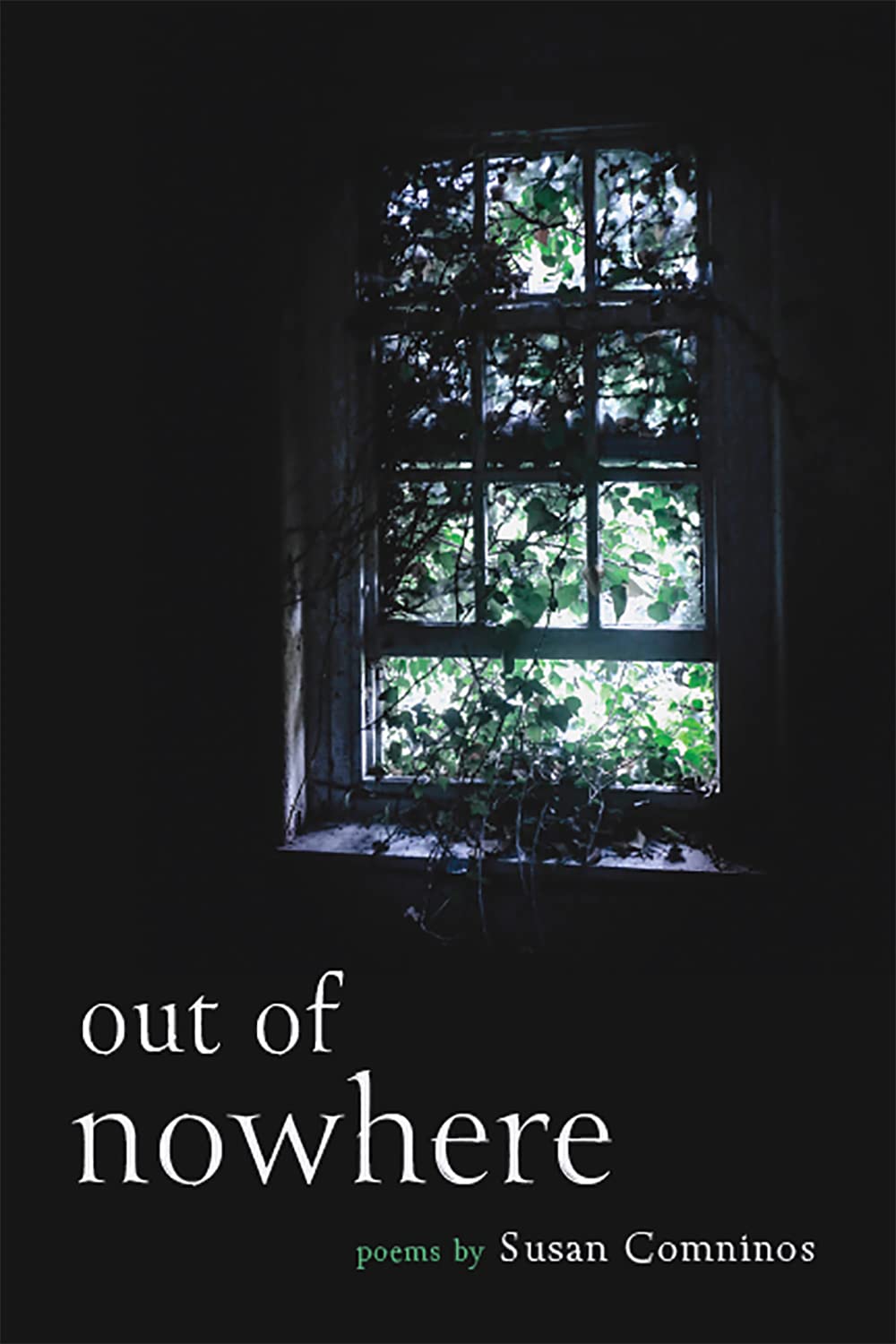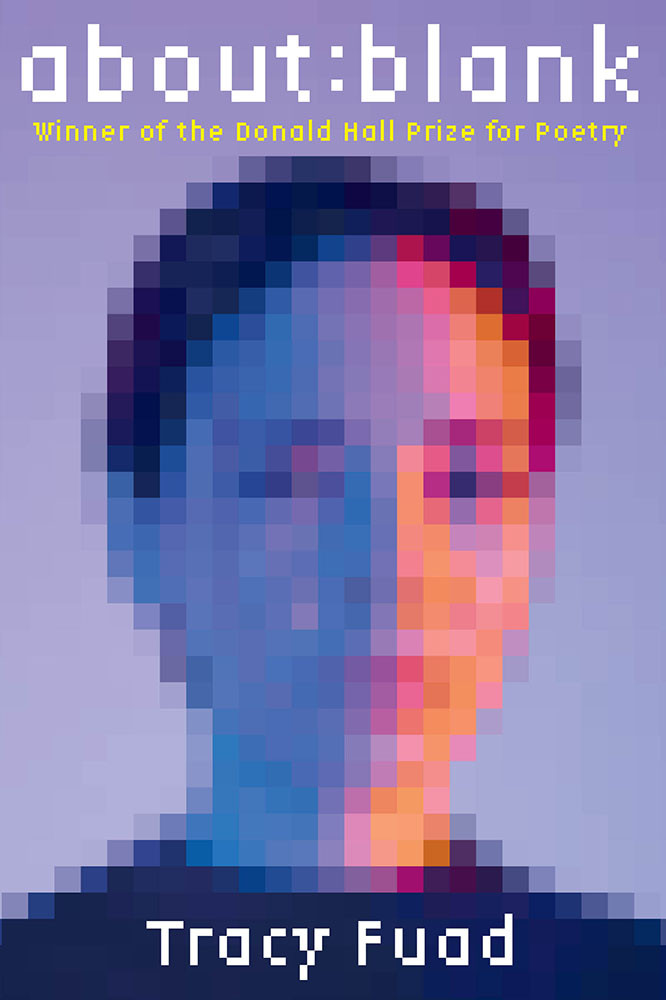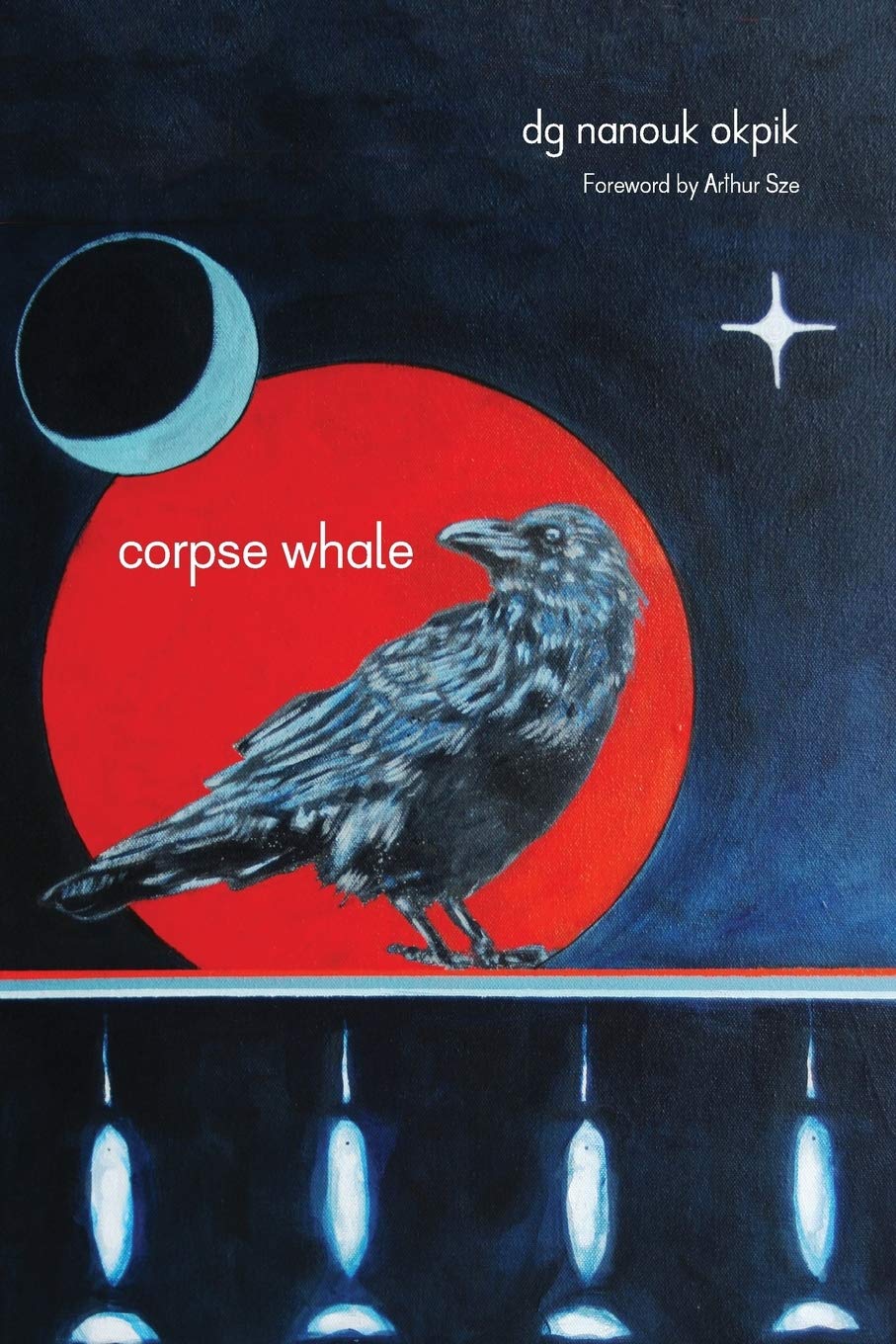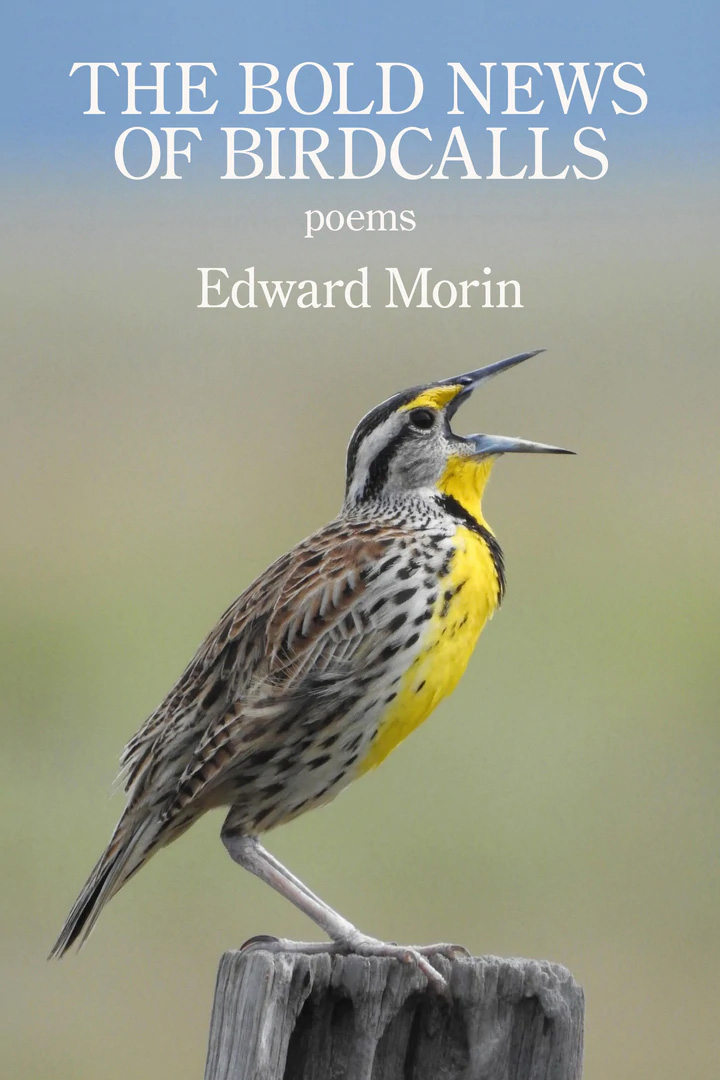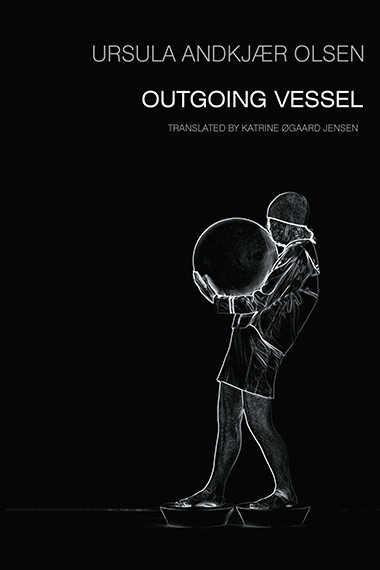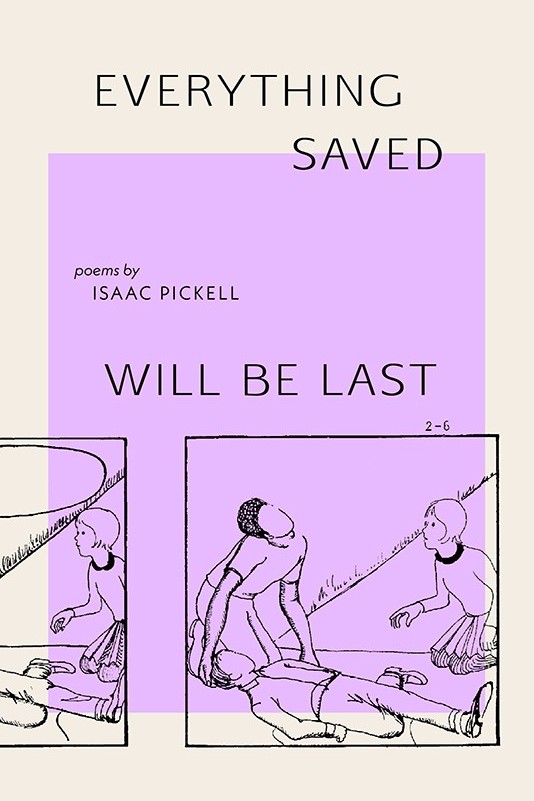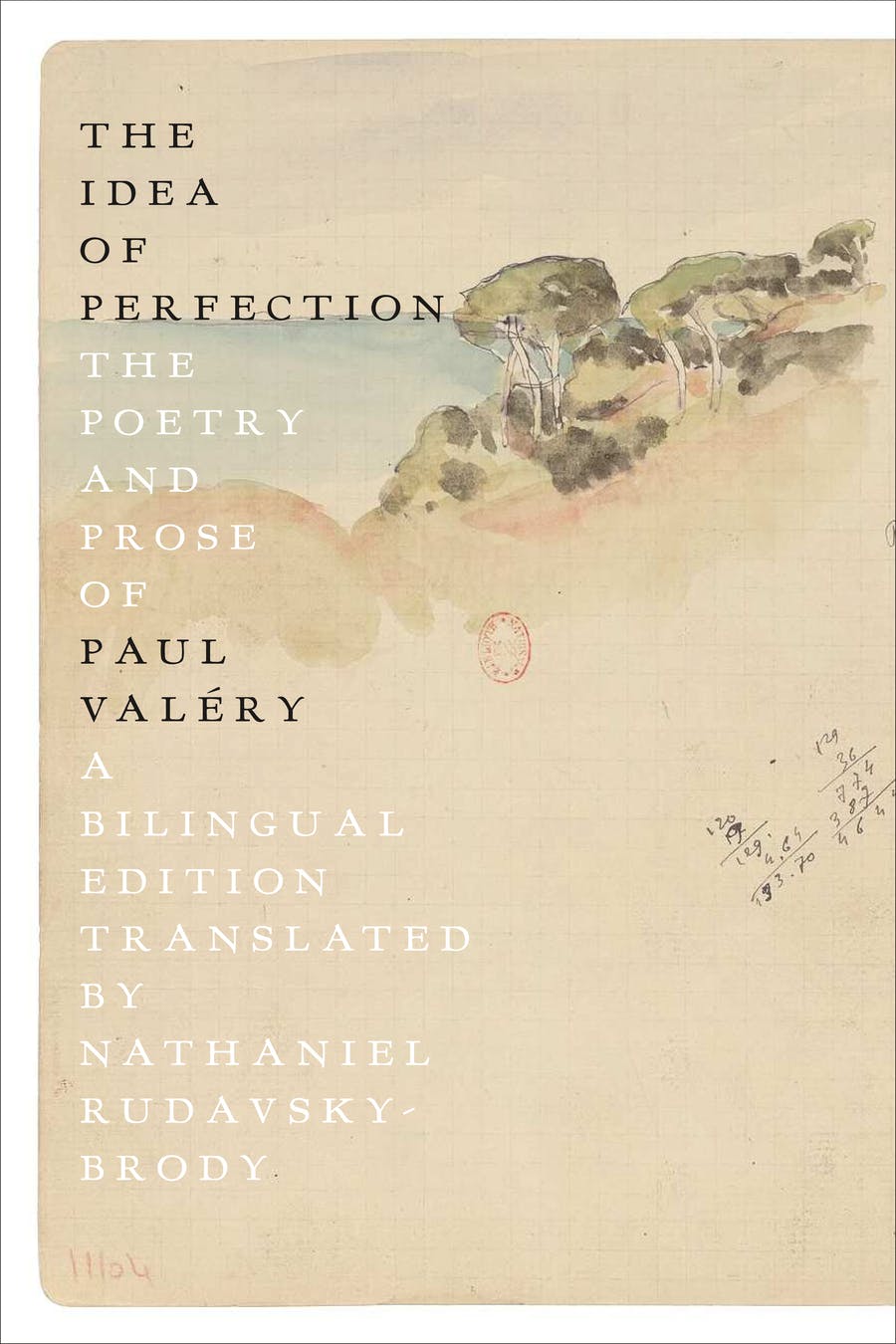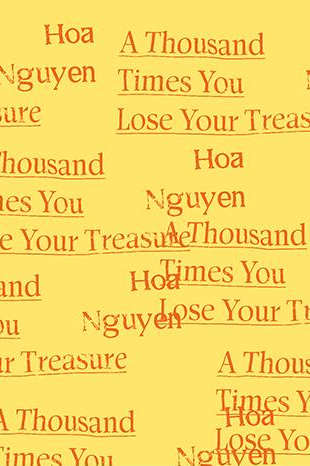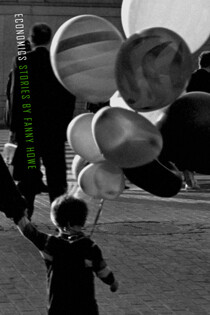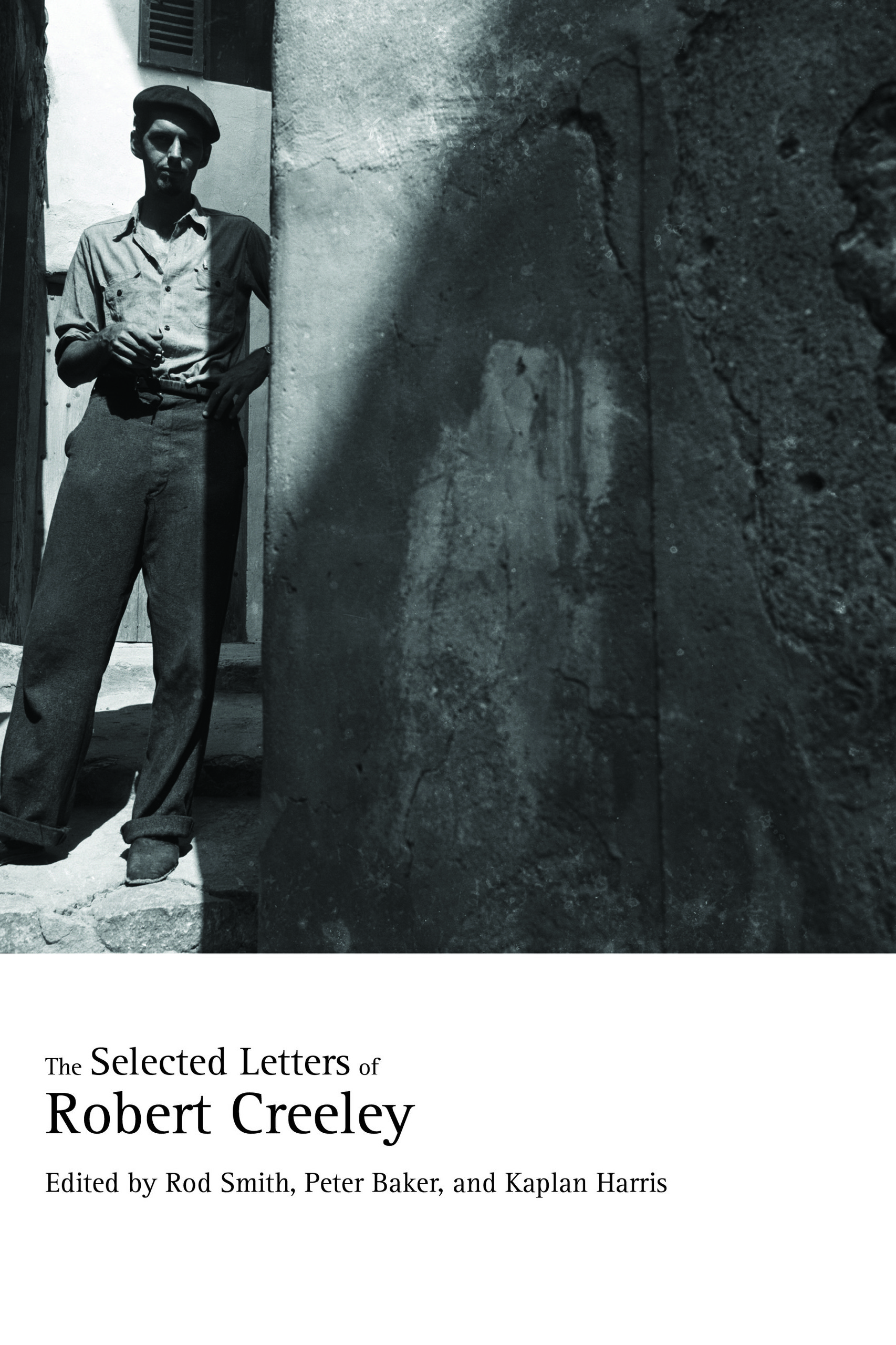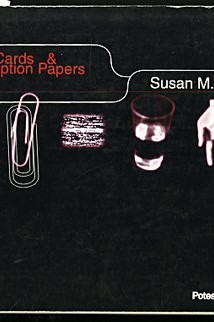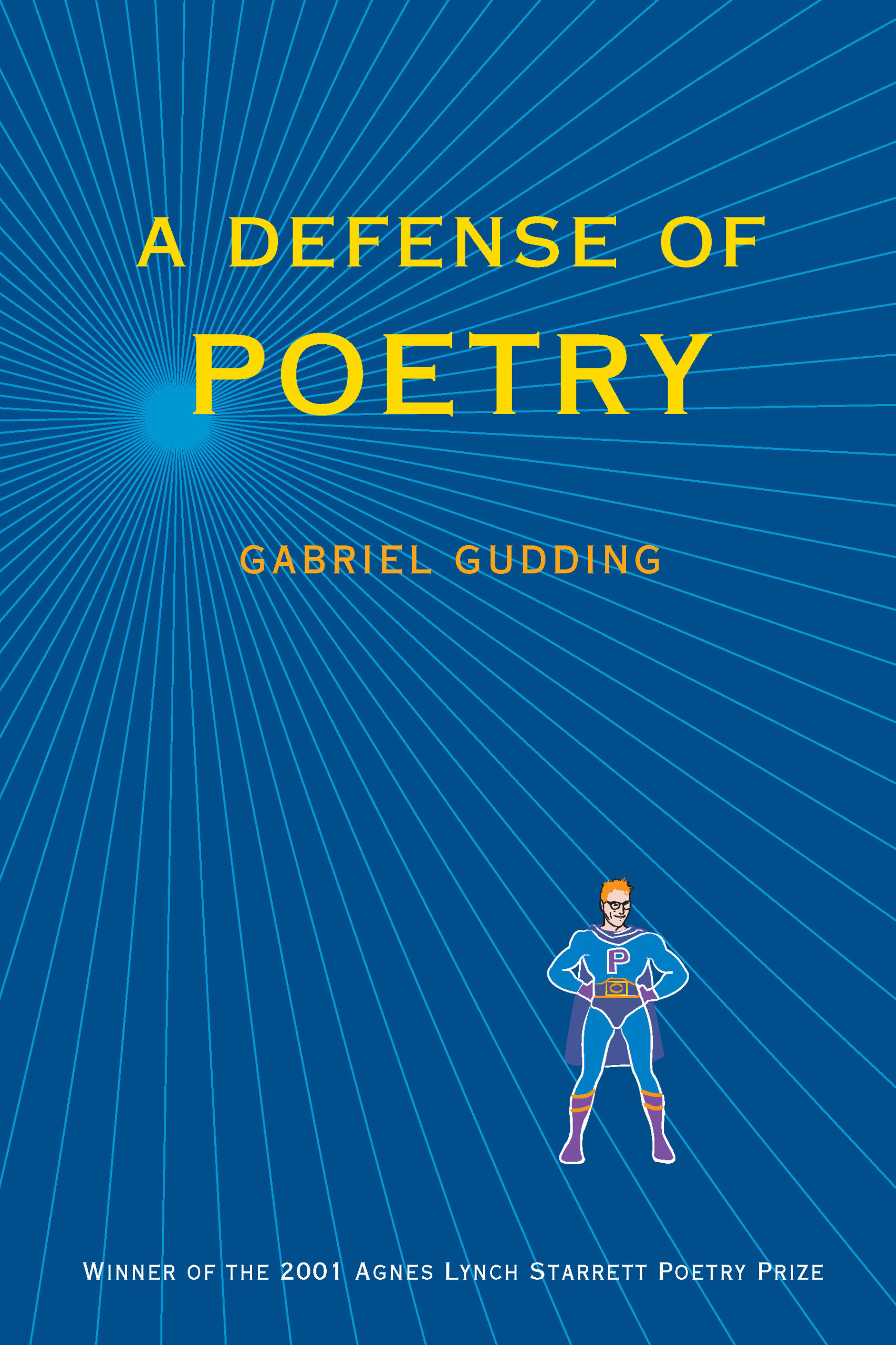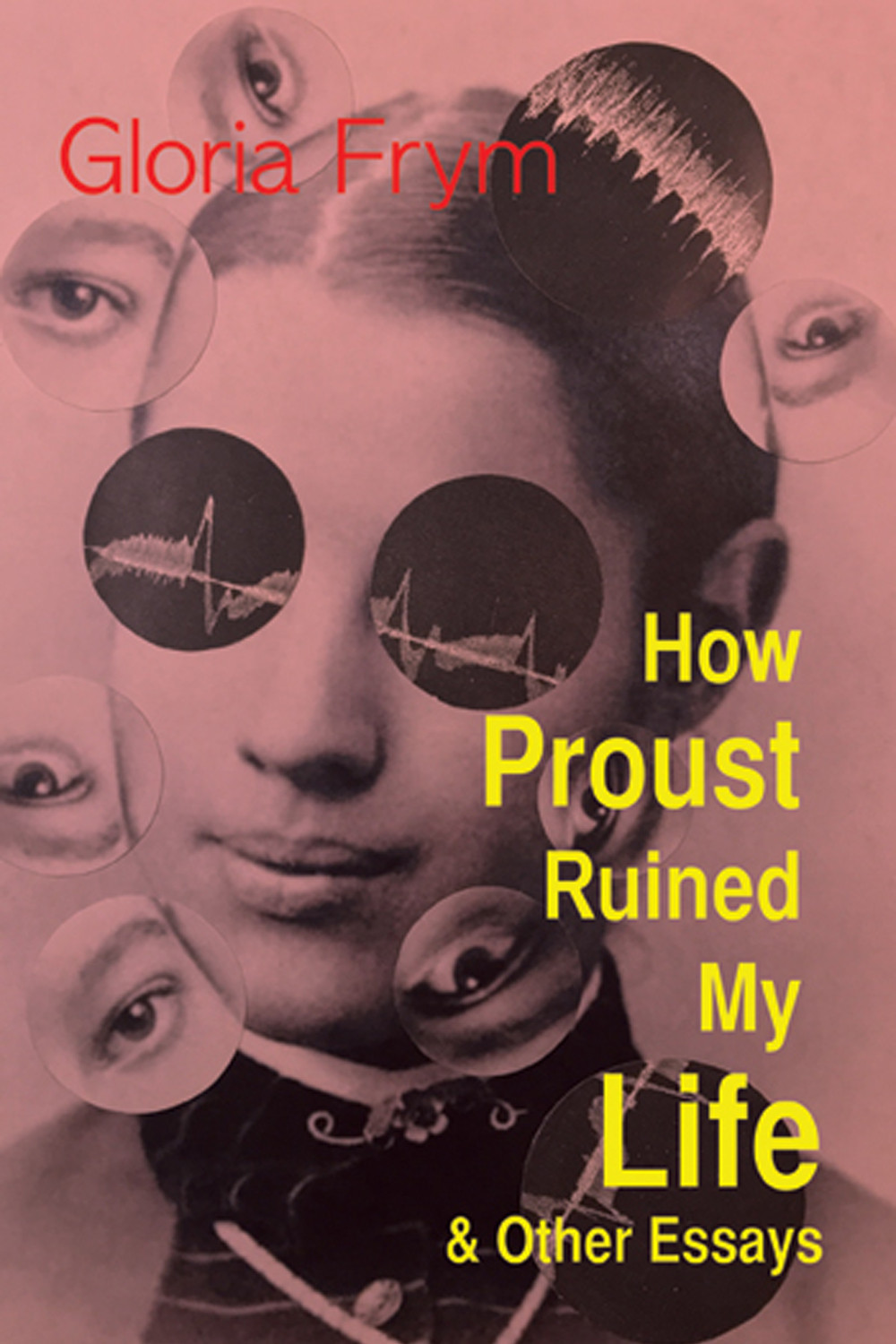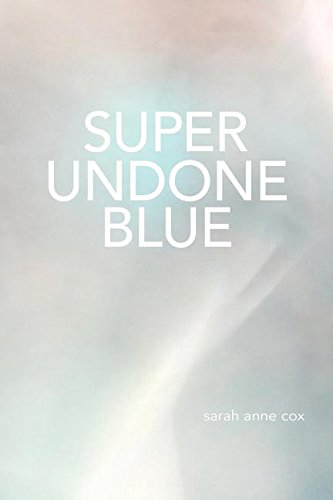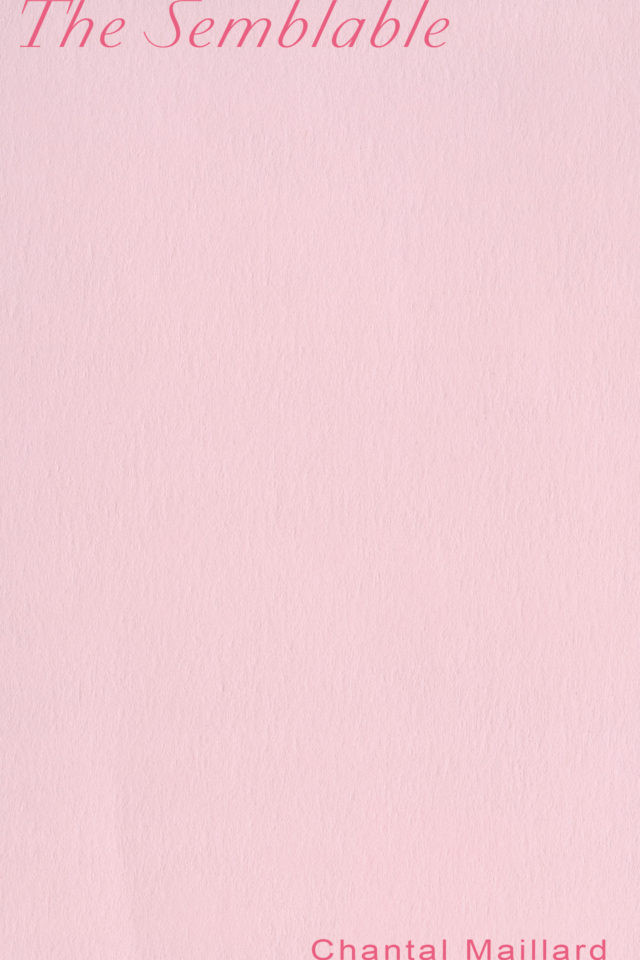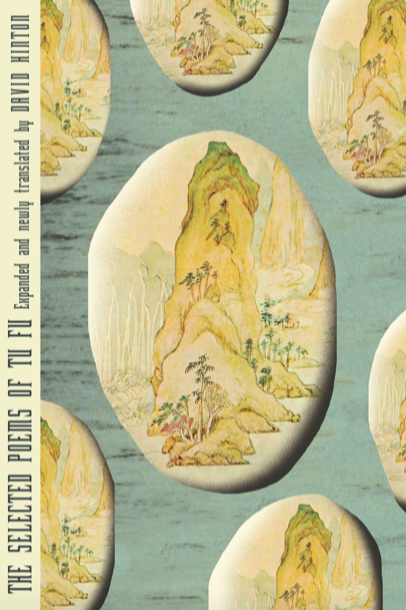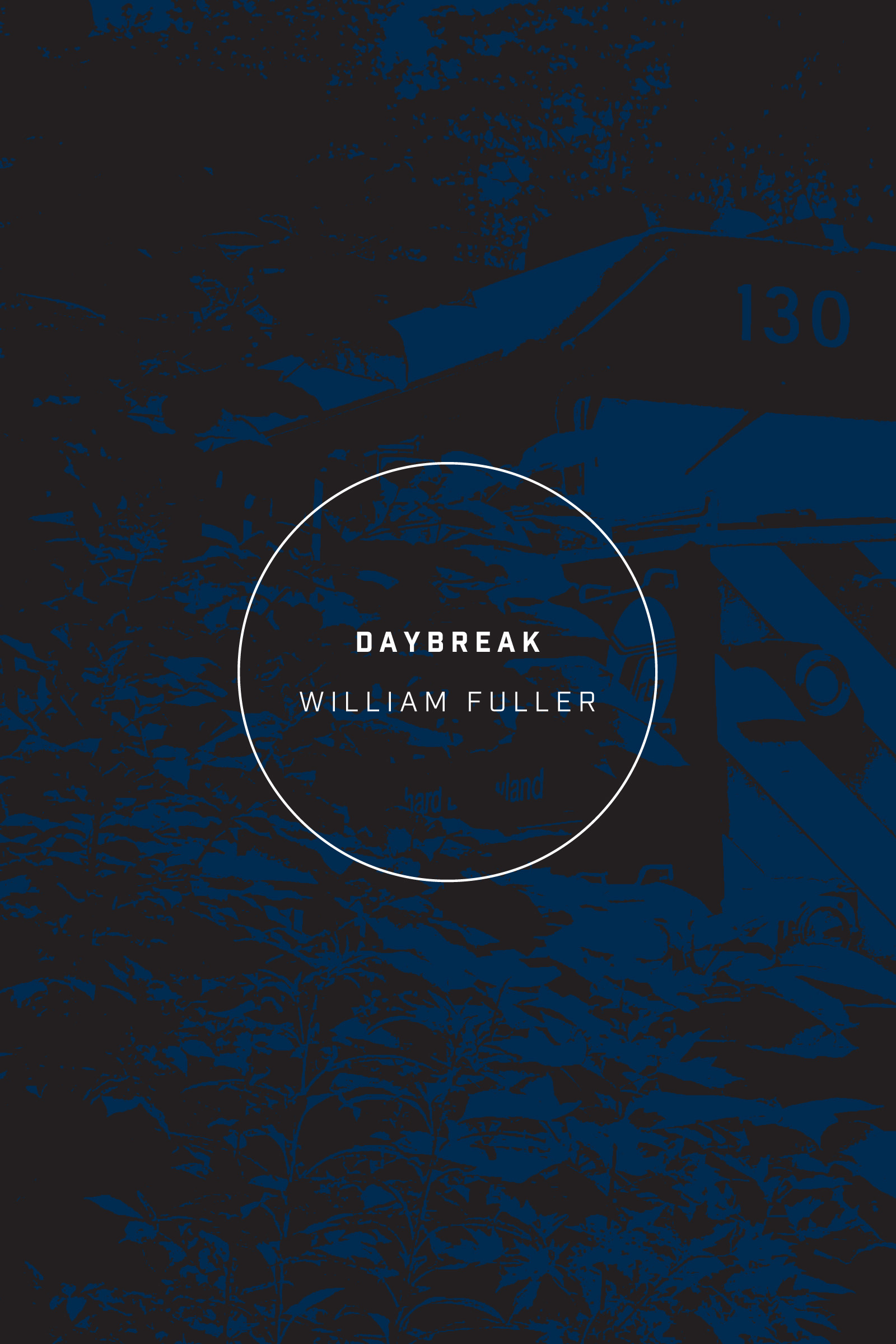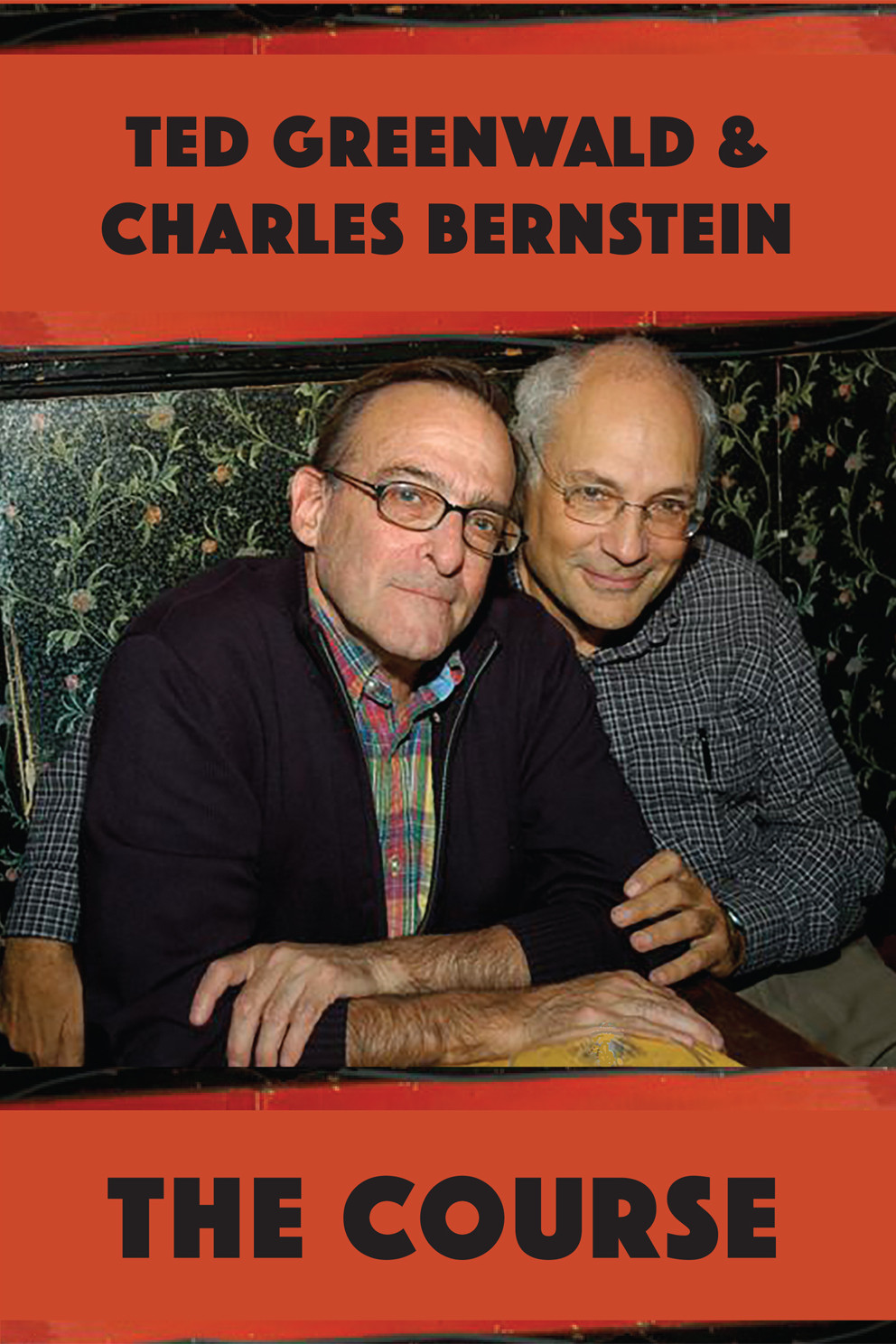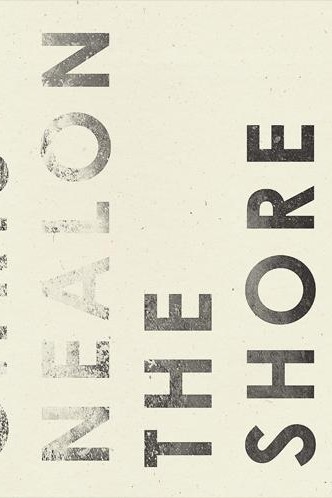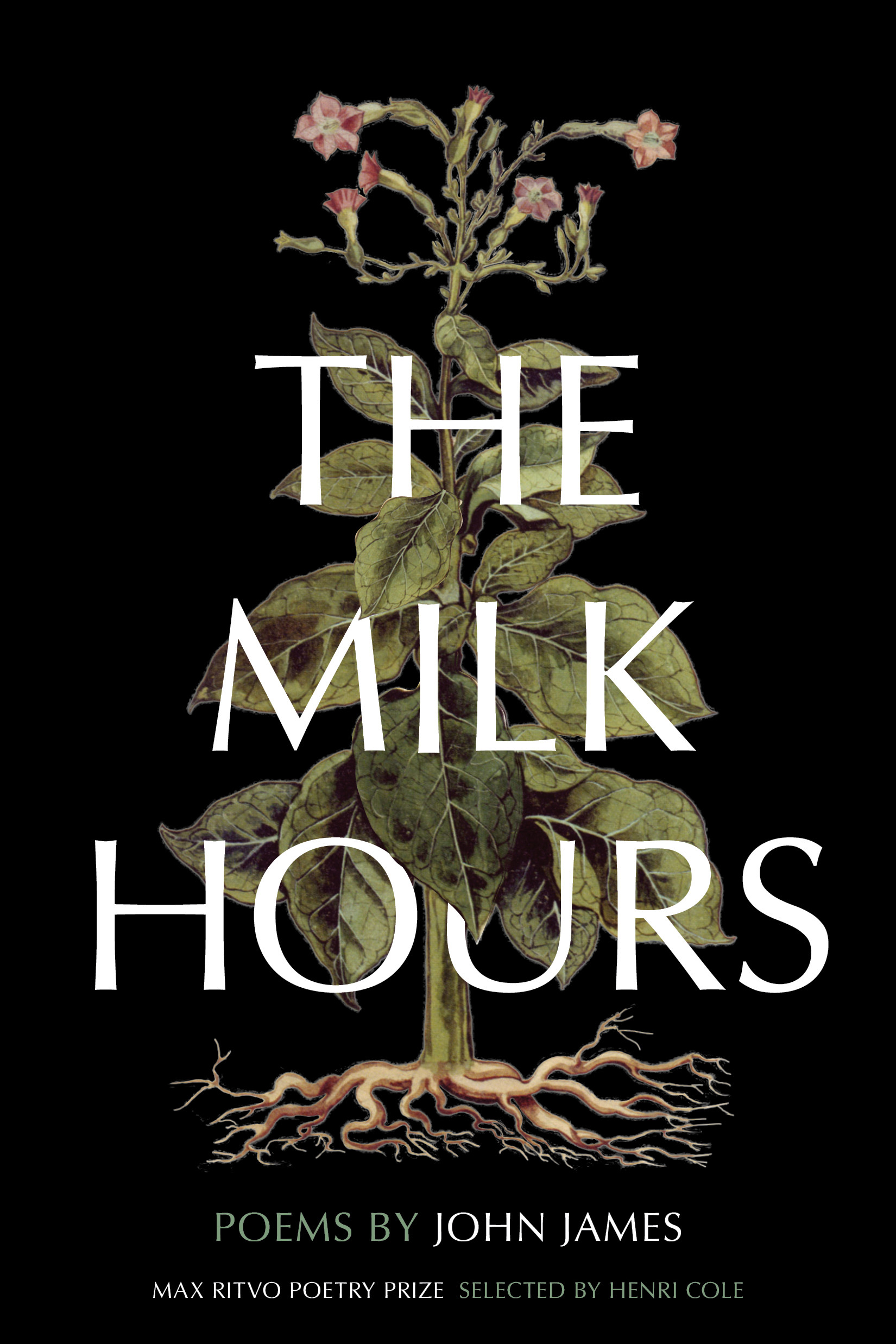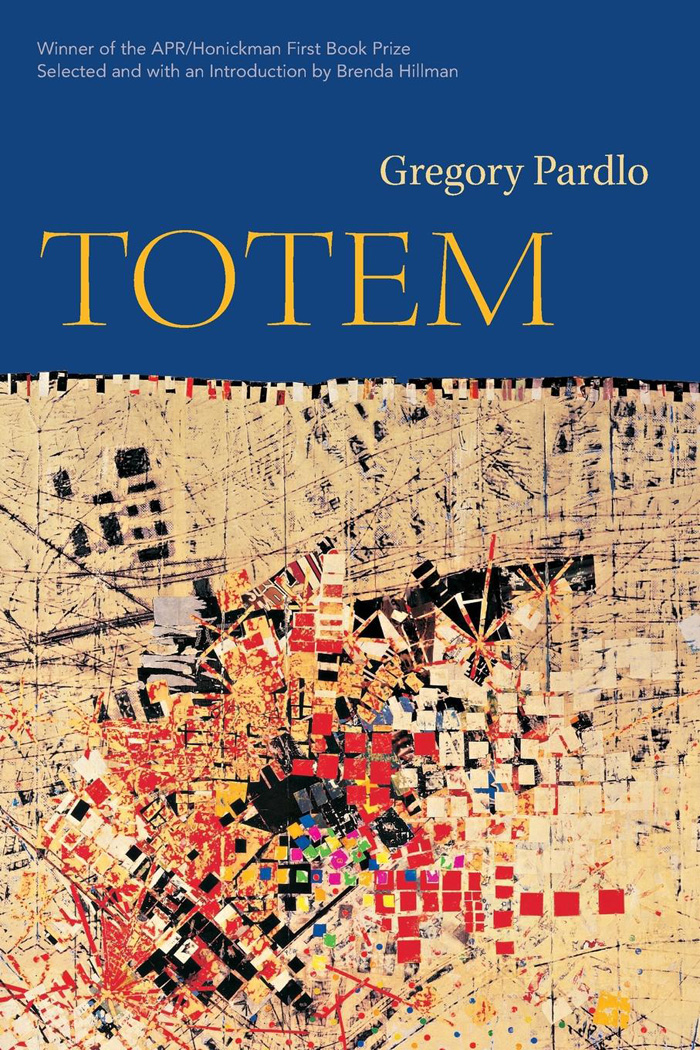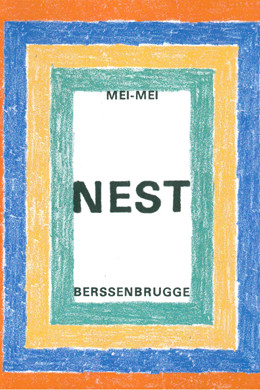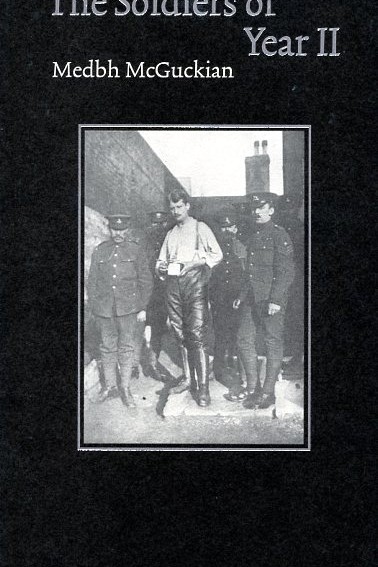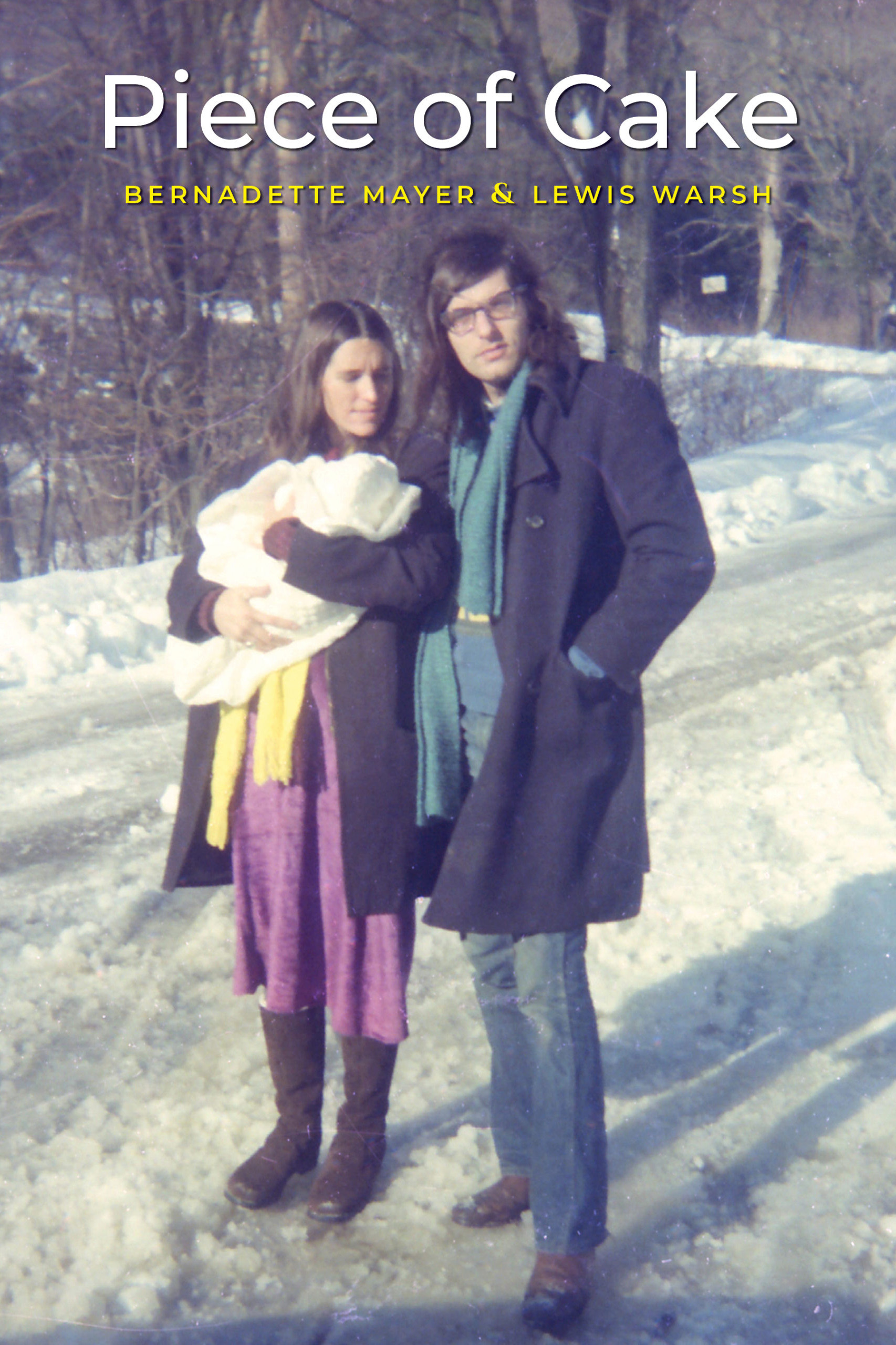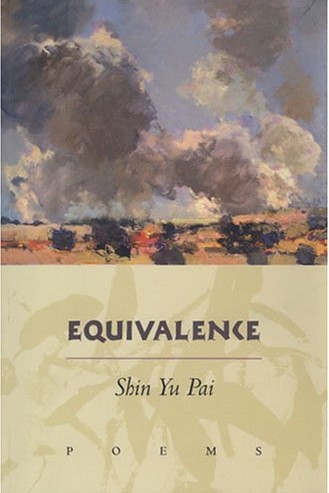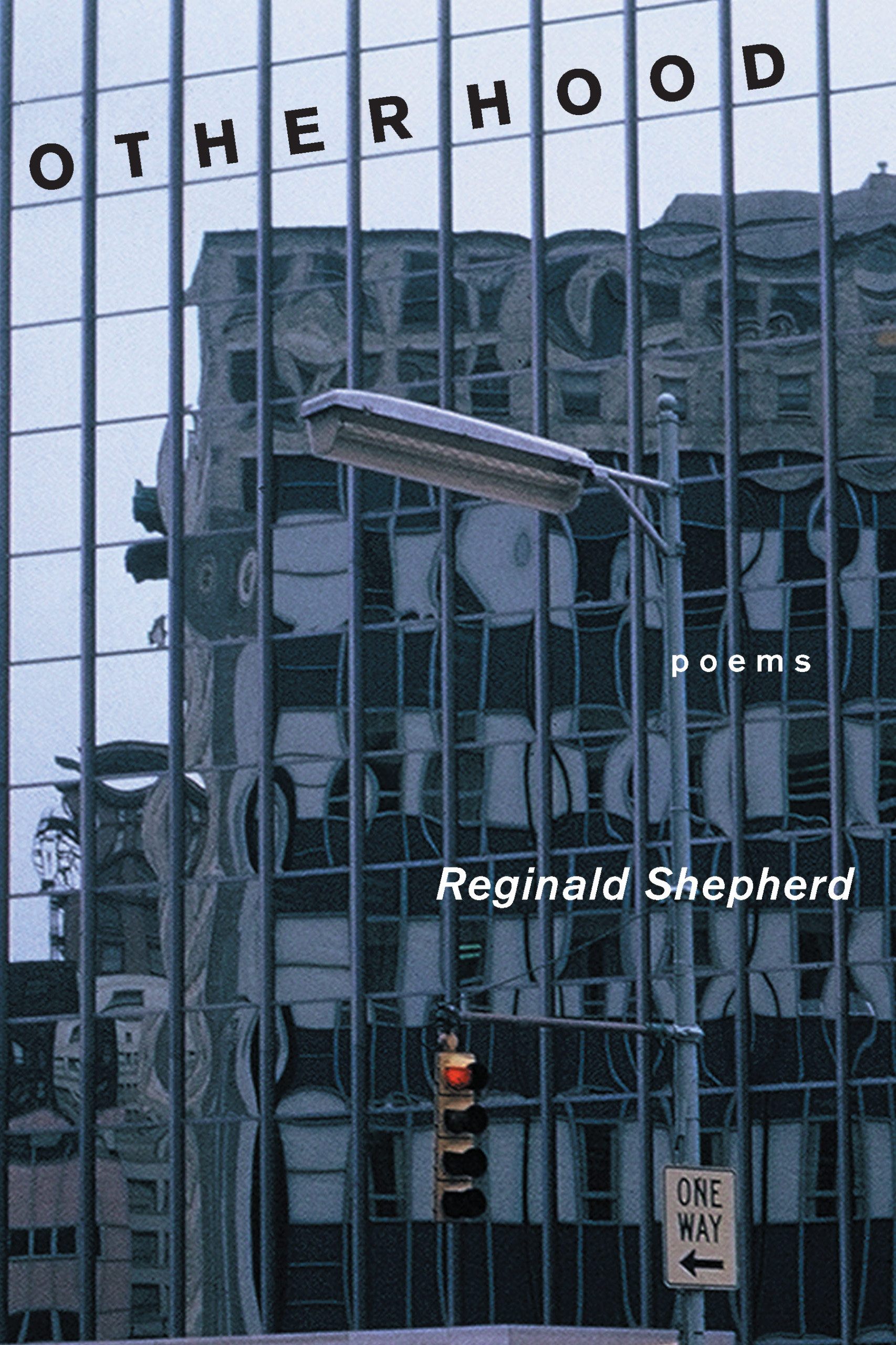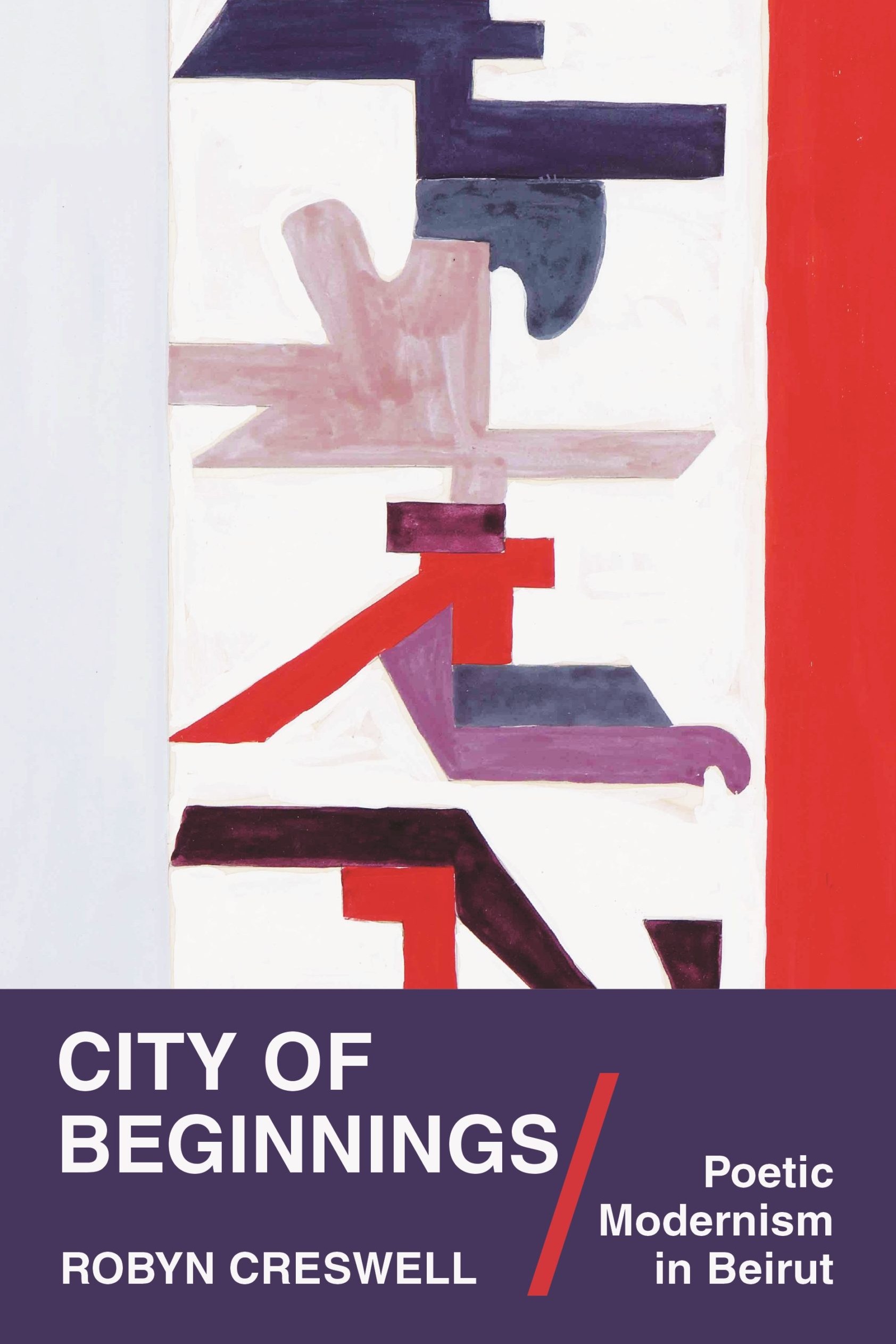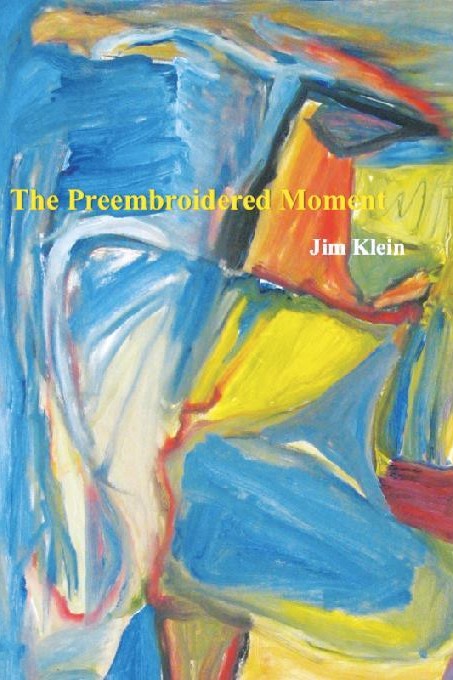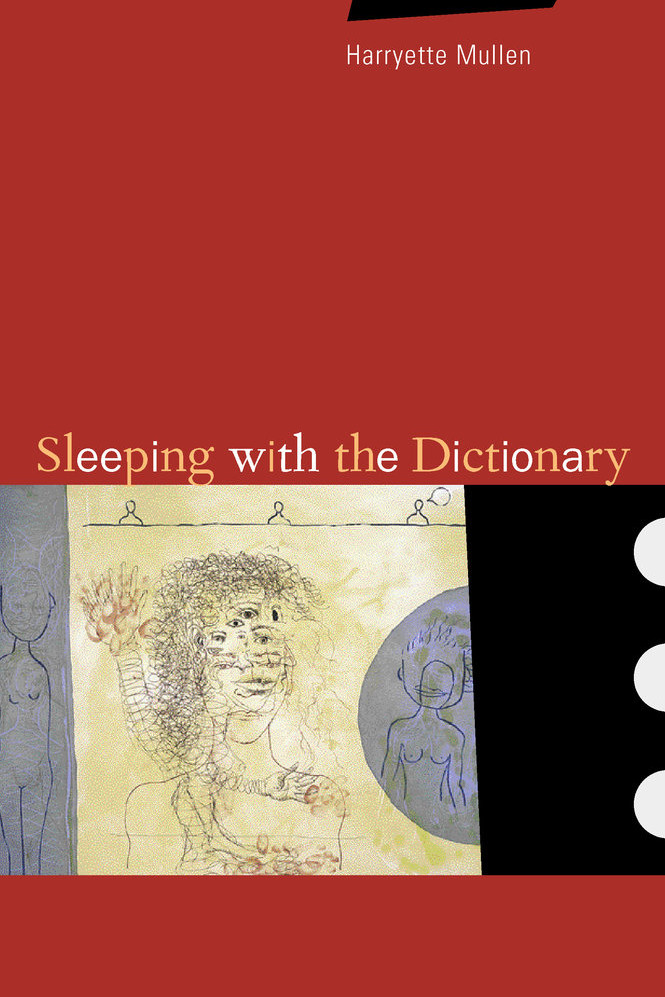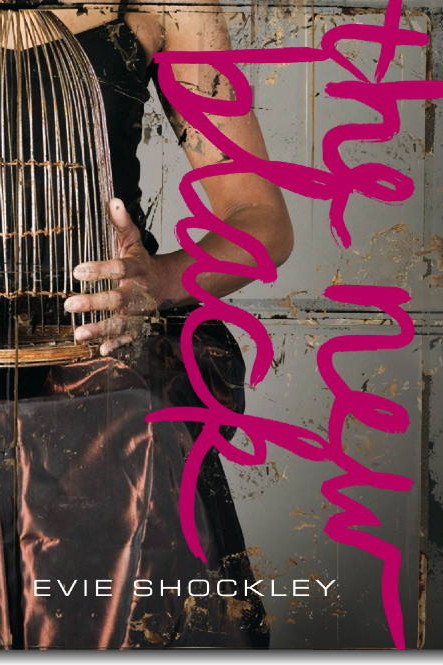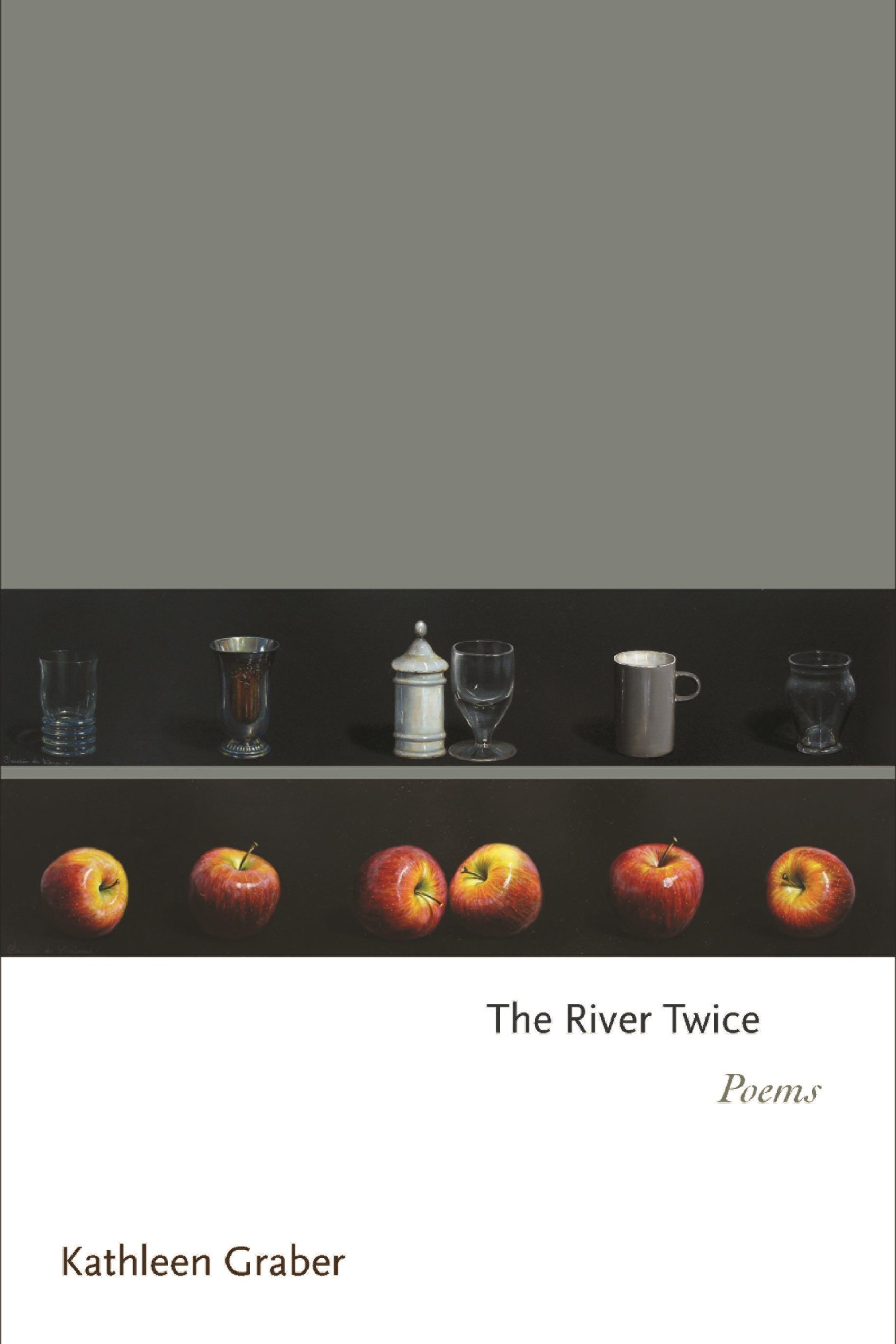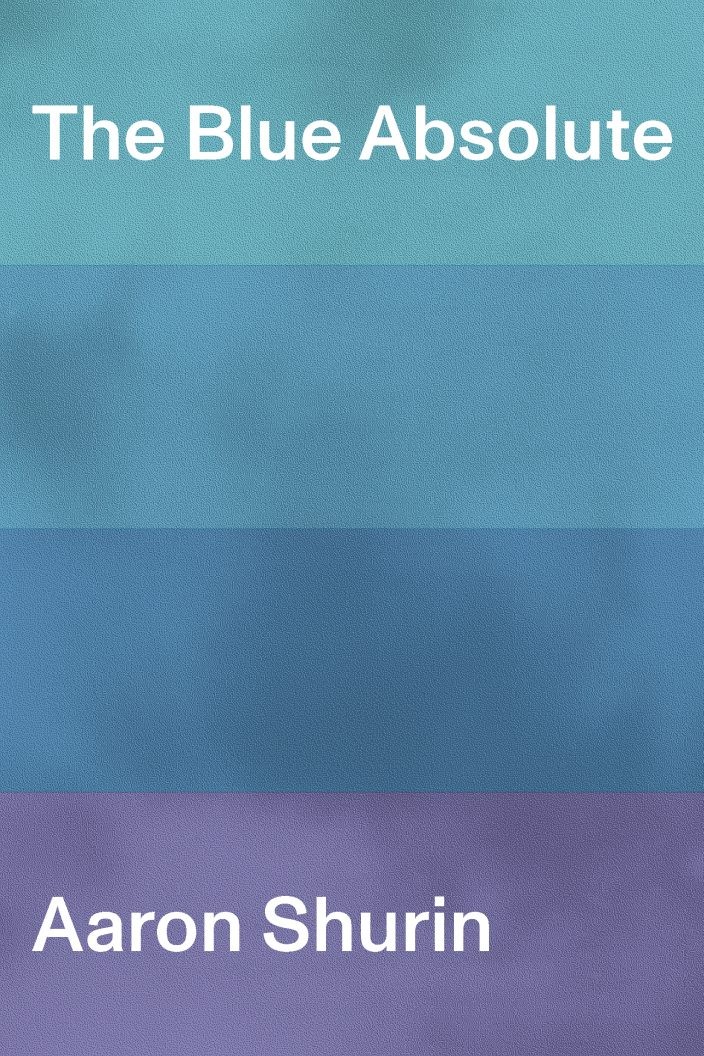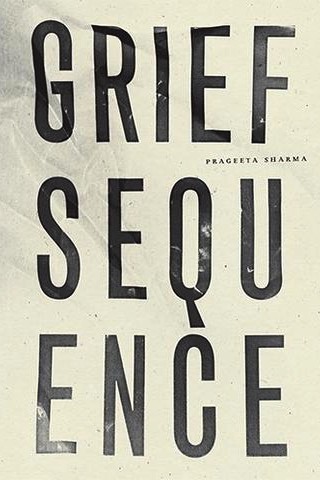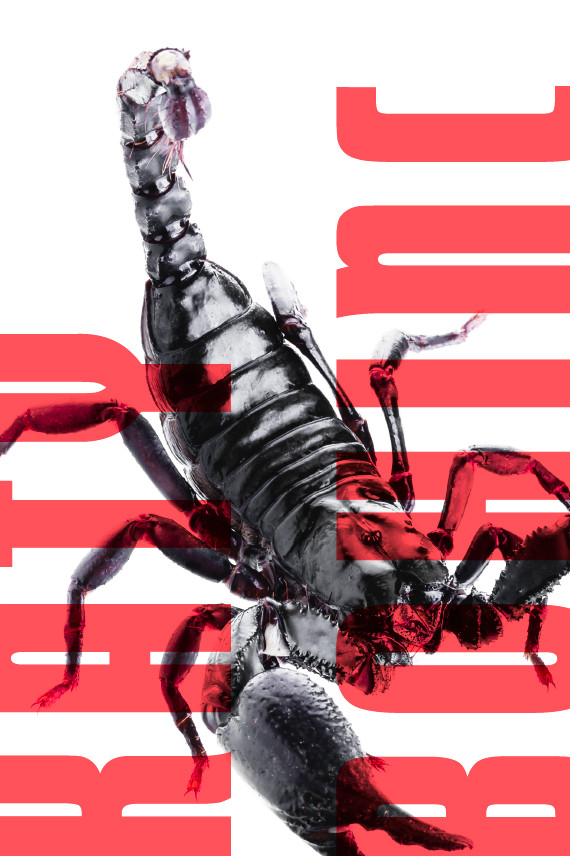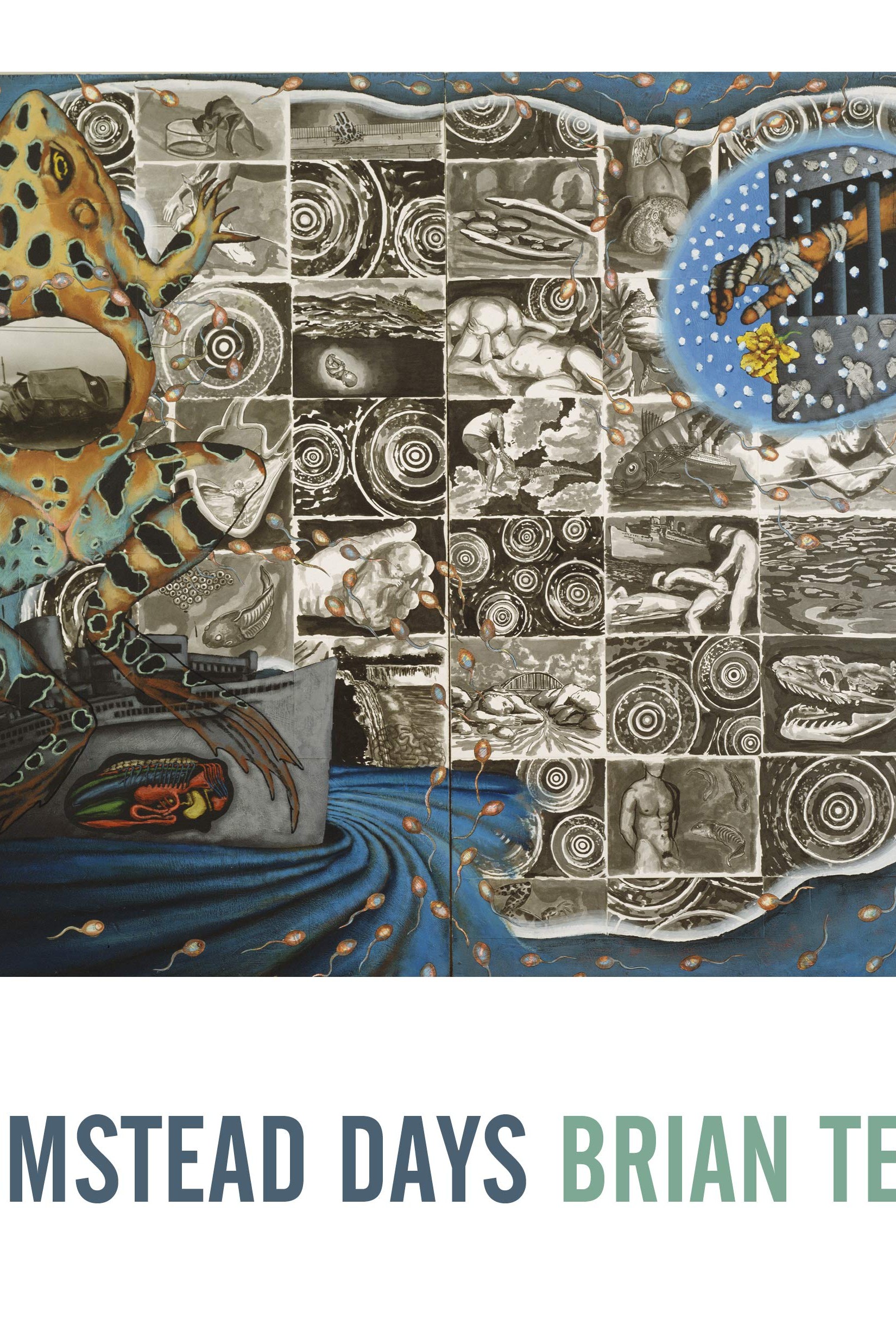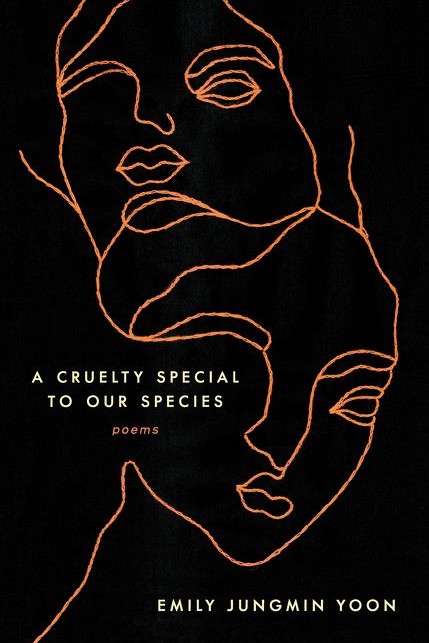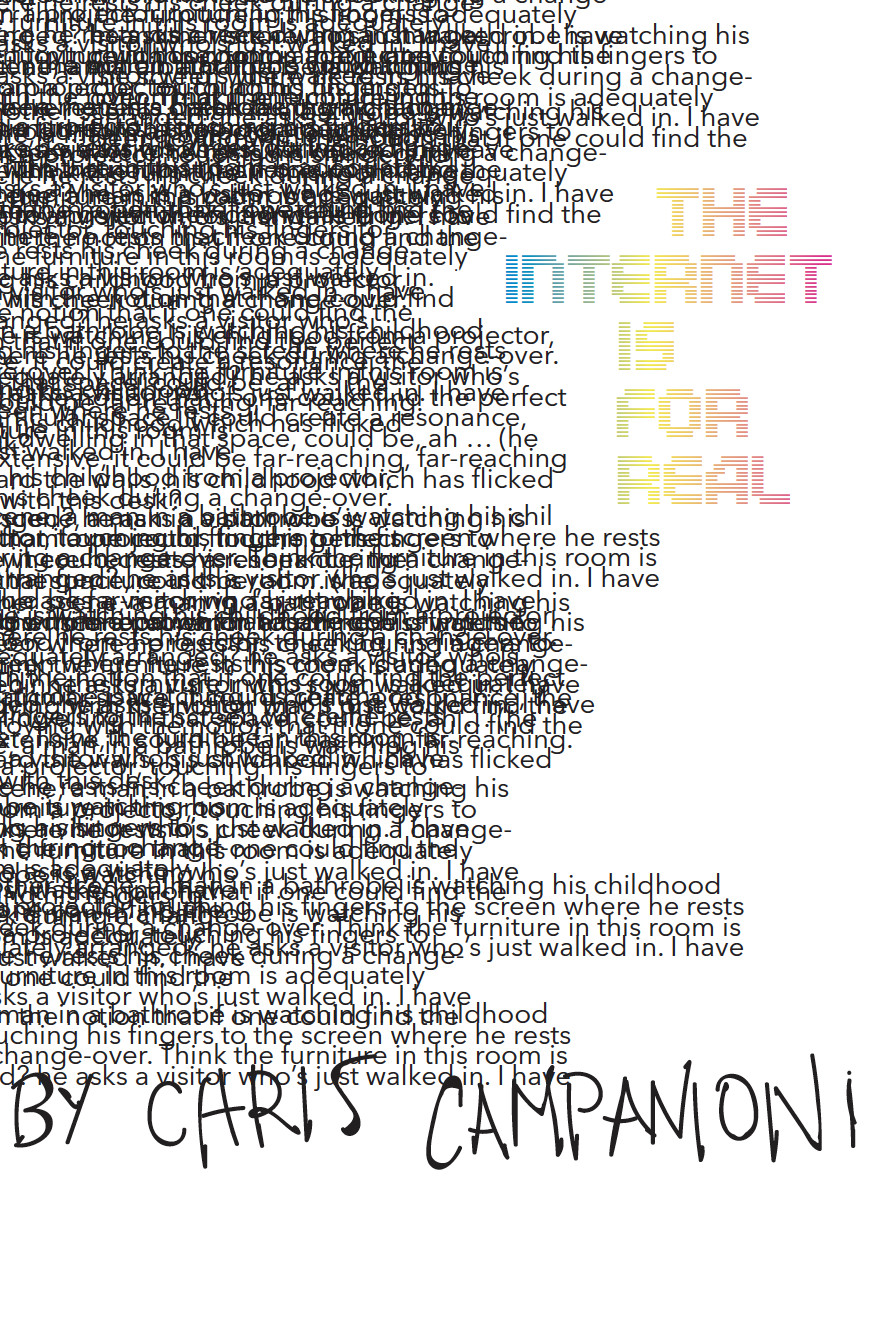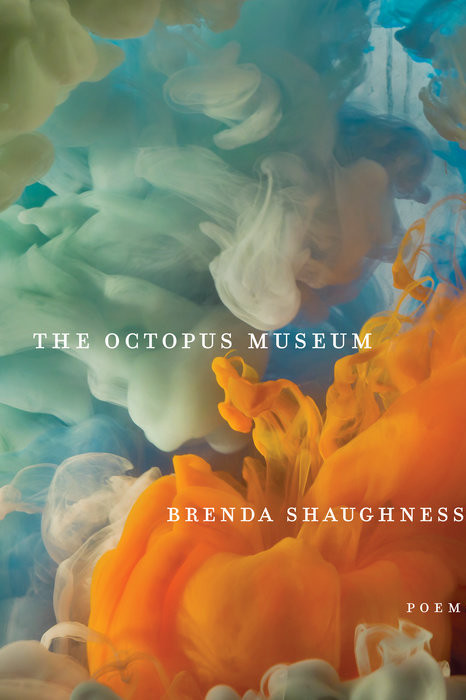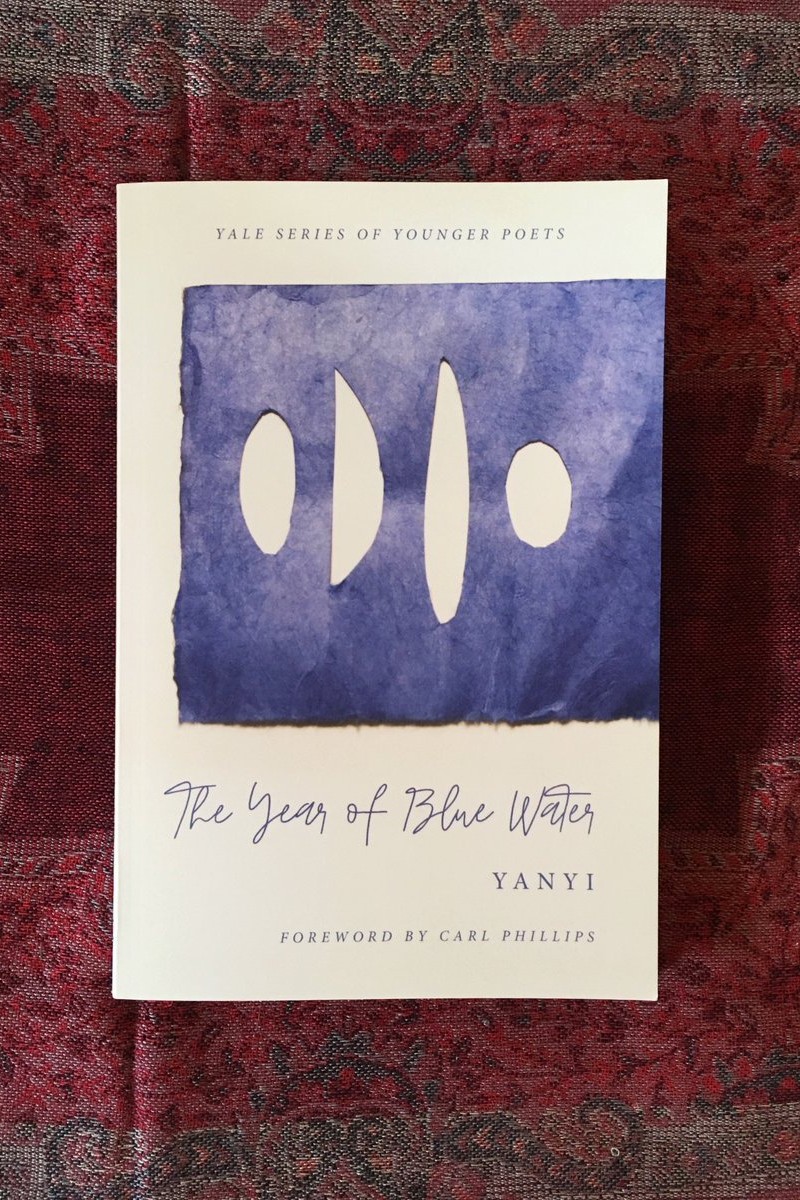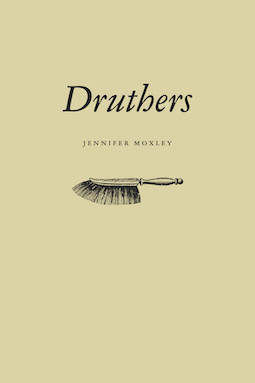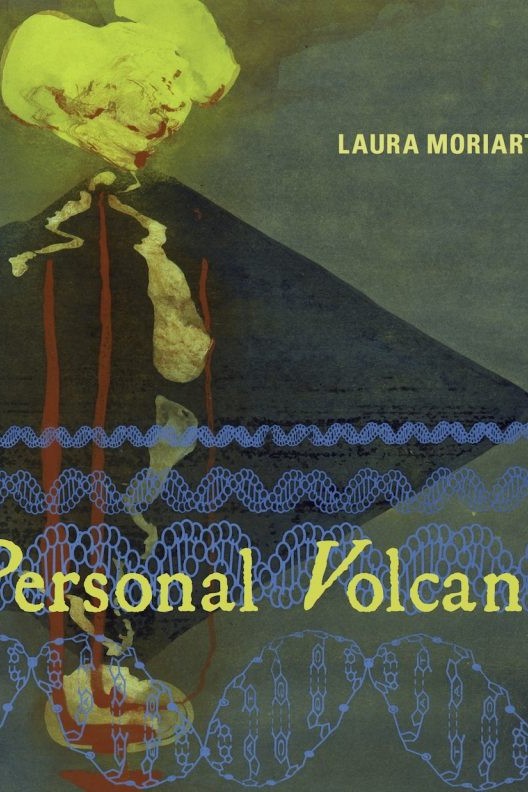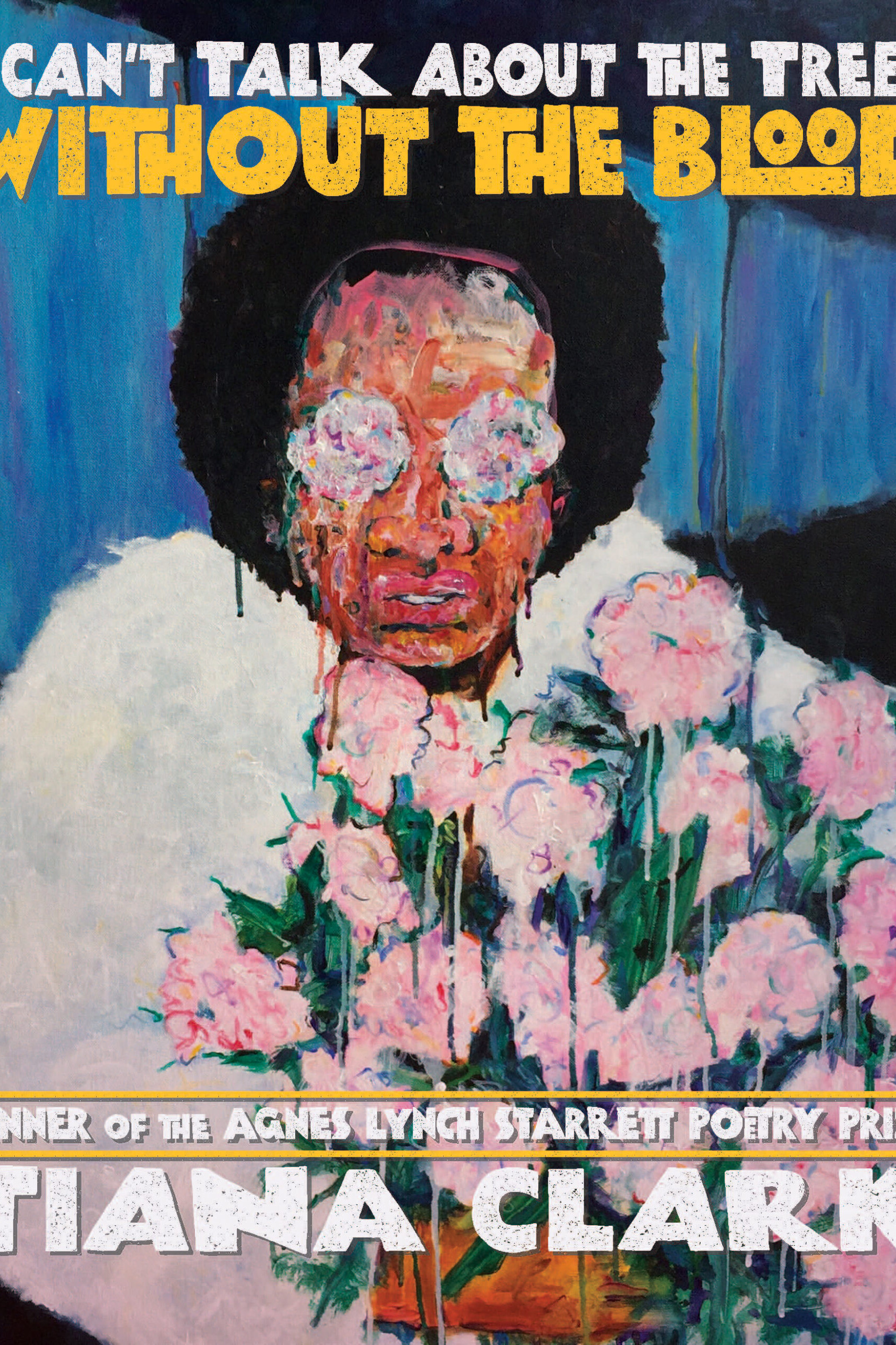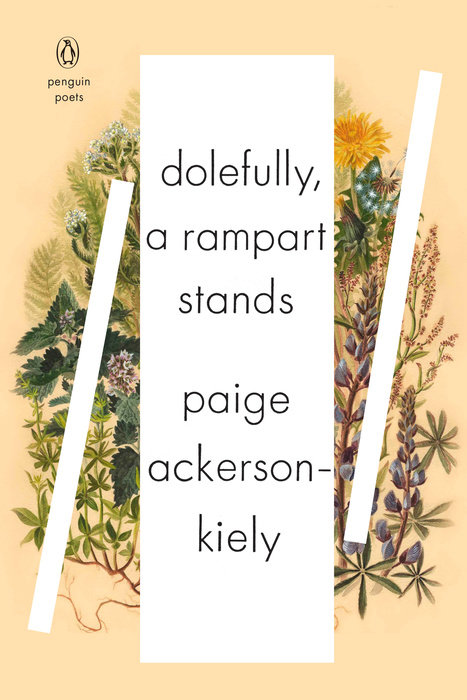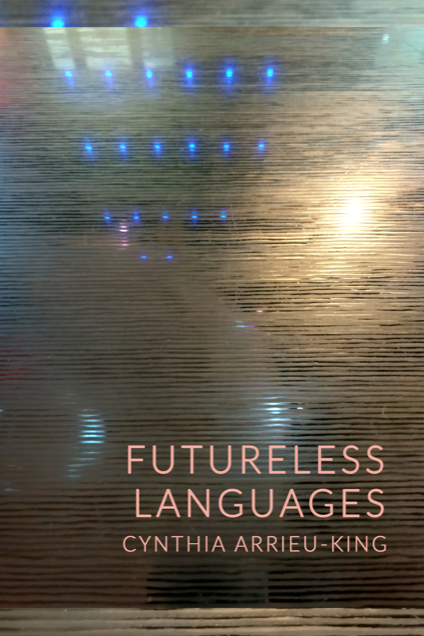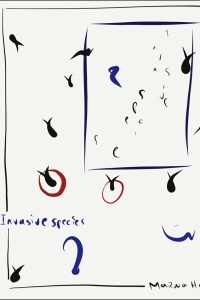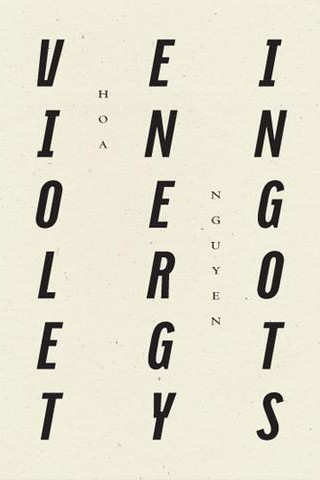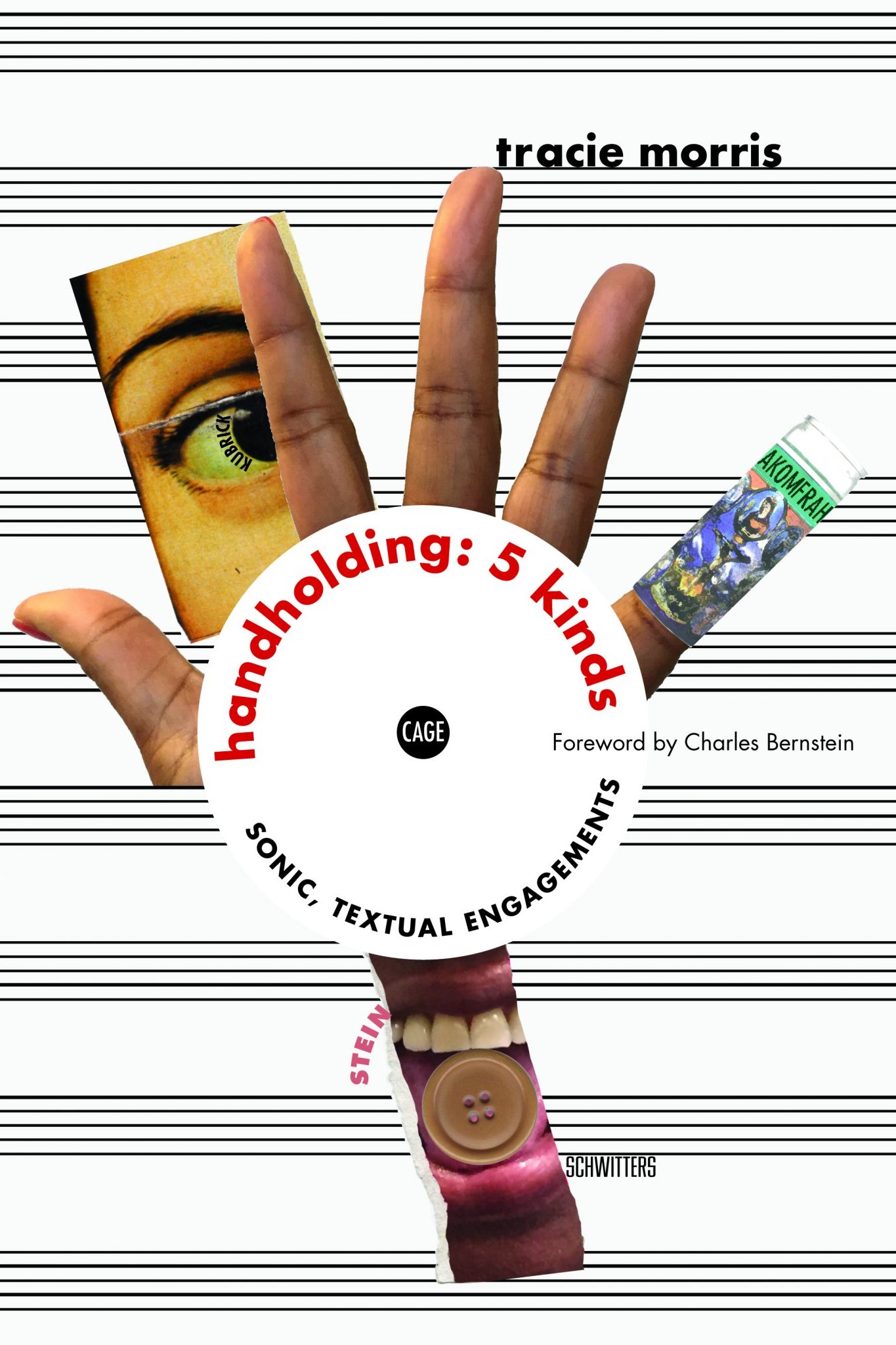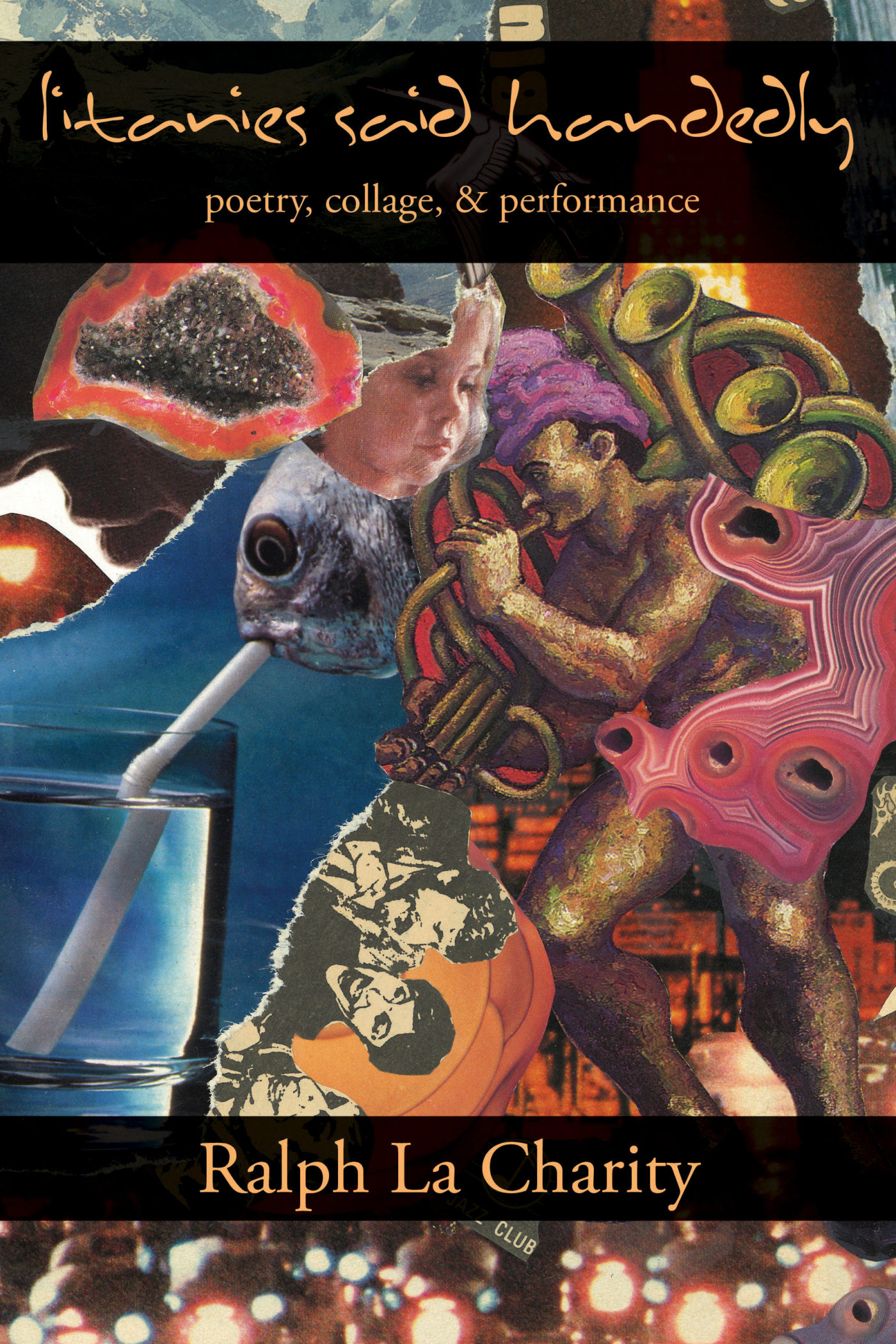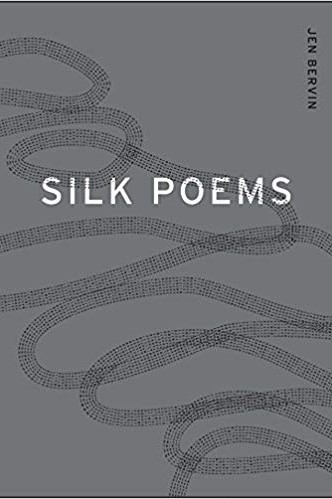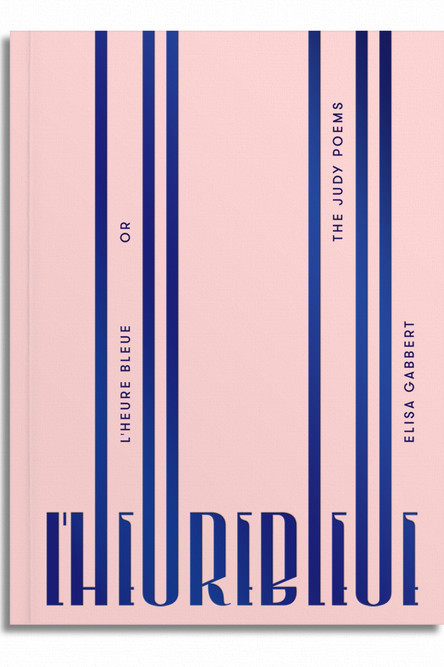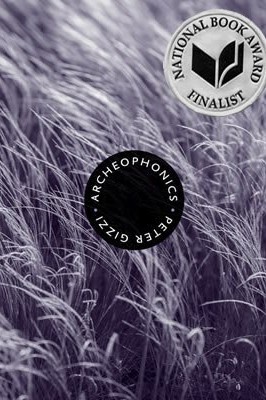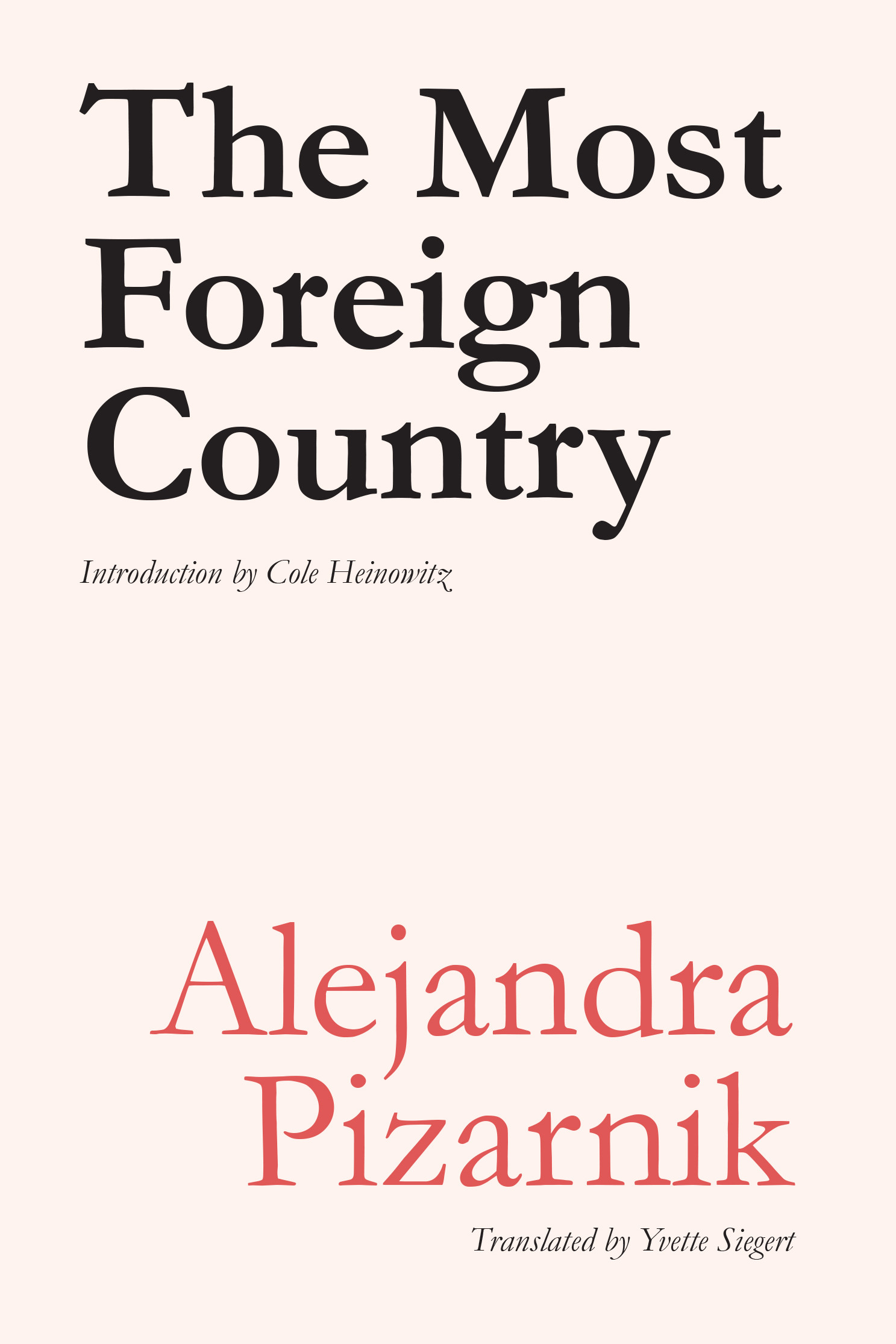CONSTANT CRITIC
Timely Criticism and Reviews of Print and Digital Poetry
Interview with Jaydra Johnson, author of Low: Notes on Art & Trash (2024)
It's like this flood, it's like you're lying in the bottom of the landfill being buried with all of this trash, and this is the experience I had of writing this book, and researching for this book:…
Devin King Reviews Greg Barnhisel’s Code Name Puritan
Like any good thriller writer, Greg Barnhisel uses the spy stuff as a red herring.
No Content, in which will be discussed Volume One (Selected Anonymous Marginalia), Servants of Dust, and Autobiography: Volume One (1975-1993)
So this is my vulgar plea for more that is less, for that which is sans lyric, sans meter, sans form, sans author, sans polemic, sans poetry, sans poet, sans everything but poetry.
Ray McDaniel Reviews Liam Agrani’s Volume One (Selected Anonymous Marginalia)
But what his “editorial” choices reveal is that marginalia itself is a kind of dress rehearsal for authorship. Whoever writes in the margin does so with at least as many motivations as whoever writes…
Elizabeth-Jane Burnett Reviews Nisha Ramayya’s Correspondences
“Tantra is marked by its difficulty,” Nisha Ramayya states in the opening “Notes on Tantra” section of Correspondences, a twenty-six page pamphlet of poetry, micro-essays, notes, and images.
Ray McDaniel Reviews Trouble in Mind by Lucie Brock-Broido
I offer this distinction between talent well-spent and talent on a spending spree of its own to clarify my mightily mixed feelings about Lucie Brock-Broido’s Trouble in Mind, which poses a number of…
James Butler-Gruett Reviews Margaret Ross’s Saturday
What the poems in Margaret Ross’s new collection, Saturday, do best is churn.
Jordan Davis Reviews Lorenzo Thomas’s “Chances Are Few”
Yes, this poet is wide awake to injustice, folly, and ordinary sadness.
Joyelle McSweeney Reviews Stephen Ratcliffe’s SOUND/(system)
This sense of being at the center of a thought-scape expanding in all directions—and dimensions—is precisely the experience of reading a single page of SOUND/(system).
John Spiegel Reviews Yerra Sugarman’s Aunt Bird
This is not an elegy to the life of Feiga, it is an elegy for the many possible lives Feiga could have lived. It is an exploration of the unknown, sorrow for what could have been, if not for what…
Joyelle McSweeney Reviews Donald Revell’s My Mojave
Injured hymns came issuing from the vicinity of Donald Revell’s previous volume, the elegiac Arcady; his new book, My Mojave, stands the respective ground of its title.
Ray McDaniel Reviews Monica Youn’s Barter
As a metaphor, of course, clarity fails. This idea that the language of which poetry is made exists optimally as a transparent sheet, a substance through which Something Other can best be…
Jordan Davis Reviews Mary Ruefle’s Apparition Hill
Mary Ruefle’s poetry has always preferred to be read at twilight, when what appears at first to be a tissue of wryly-observed but loosely related details can become in an instant as solid as a…
Ray McDaniel Reviews Olena Kalytiak Davis’s shattered sonnets love cards and other off and back handed importunities
Reading shattered sonnets et al is like reading an anthology of love poems condensed, crushed, laced with a mild hallucinogen, and distilled—via loop and tube and silly straw—into a mead and…
Illuminations ‘in Wake of the Virus’: Complimentary Commentaries
The unsuspecting reader is launched at once into the maelstrom of the codex containing a variety of poems in addition to the titular two which are presented in the reverse order suggested in the…
Between Omens, Amens, Demands, Amends: Conversation with Adeena Karasick on Ærotomania: The Book of Lumenations
AK: oh i adore how you read this through a musician’s ears / not only taste its rhythms grammar, lexicon but “play” it through its slippery riffs though improvisatory modes of meaning –
A Stream of Memory: An Interview with Paisley Rekdal on West: A Translation
What I don’t want is for West to become a museum, nor do I want it to be a history because it can’t function as a history. Instead, I think it is an attempt at collective memory.
Ray McDaniel Reviews Kate Greenstreet’s Young Tambling
In lieu of blurbs, the back cover of Young Tambling simply reads "Based on a true story." Thanks to the quality of the design, this humble claim is both comic, and sort of sublime.
On Anthony Opal’s Chapbook Series of Translations from the Japanese
There’s a guy in Hillside, Illinois who gets it. He’s been printing these chaste, understated chapbooks of various haiku MVPs: Bashō, Buson, Issa, others: the exact guys you find in books like The…
Karla Kelsey Reviews The Invention of Glass
“Transparency” and “opacity” also, of course, describe different qualities of language, a resonance particularly significant for this book, whose original French title, L’Invention du verre, yields a…
Ray McDaniel Reviews Brenda Coultas’ A Handmade Museum
I had a hell of a good time with A Handmade Museum, in which Brenda Coultas commits the fairly uncommon trick of going to both country and town.
Jordan Davis Reviews Joseph Donahue’s Incidental Eclipse
"I was in Dallas when Kennedy was shot," Joseph Donahue wrote, in a poem called “Seven” in his memorable debut, Before Creation, thus giving a characteristically radiant and weird answer to the…
Joyelle McSweeney Reviews Fanny Howe’s Gone
Fanny Howe’s Gone reads like a soul’s travelogue in installments, a turning over of themes, positions, and bodies as the author seeks, as Simone Weil did, to maintain a conversion through……
Ray McDaniel Reviews Cal Bedient’s The Violence of the Morning
I respond to these lines with a No despite the fact that the poem puts no question to me at all. This last point, actually, is fully emblematic of The Violence of the Morning entire: this book gives…
Ray McDaniel Reviews Katie Ford’s Deposition
It’s all here, compressed into these several poems: Ford’s capacity for a breathlessness that achieves articulation by ache, as well as her periodic reliance on academic lacunae that undermine the…
Jordan Davis Reviews Serge Fauchereau’s Complete Fiction
And really, there’s no reason to doubt that there could be a secret someone writing such sentences as, “Sure, words are just words, sounds uttered in the void, little ants frozen against the…
Pharma Culture and the Poetic Mind: Michael Workman Reviews Anne Yoder’s The Enhancers
There are more drugs than there are ailments to treat. Yoder plays some language games with the endless variety of names: AnxietyEZ, Delixir, Sunkiss – you get the picture. They rearrange brain…
Ray McDaniel Reviews Bryan Dietrich’s Krypton Nights
What Dietrich has correctly intuited is that it is the adoption of the cast-off, the negligible, that generates resource—these are lights by which the once-unimagined can be illuminated as the…
John Spiegel Reviews Winter, Glossolalia by John James
Considering the chapbook’s psalm-like, hymnal musicality, the poem is more a kind of sheet music to be reinterpreted by the reader, the way a musician would determine how to play the notes on the…
Christine Hume Reviews Sarah Manguso’s The Captain Lands in Paradise
Manguso’s use of the essay—both its argument-driven/fact-rich, and its meditative/associative, heritages—serves her trials of truth vs. falsehood and real vs. symbolic meanings. In this way she…
Where Buddha Finds You: Brendan White Reviews Joel Craig’s Humanoid
Good poems can feel like people. Richard Rorty, months before his death, wrote that he regretted not reading more poems in the same way he regretted not making more close friends. Joel Craig realizes…
Jordan Davis Reviews Karen Volkman’s Spar
In this prose poem, inversion is the point, a reasonable defense against the social unknowns of dealing with other animate beings—why not invent a world out of the strong obvious sensory perceptions…
Poem Without Beginning or End: on the Ramayana and Vivek Narayanan’s After
I think you should read Vivek Narayanan’s After, which is an erudite, funny, chaotic, absorbing book of poems that talks with, alongside, and back to the Ramayana of Valmiki. But you might not be…
On May’s Lucan
(1) Homer, (2) Virgil, (3) Horace, (4) Ovid, (5) Lucan, (6) Dante—the list is hot. And I gotta say Lucan’s tenure on that roster was pretty secure, in 1300 or whatever. There were always people who…
Christine Hume Reviews Lance Phillips’ Corpus Socius
Indeed, “The tongue’s little more a sun” here; you don’t just read this work, you feel it as a foreign tongue in your mouth.
Jordan Davis Reviews Loren Goodman’s Famous Americans
I would say there are two qualities that Goodman looks for before he decides that a particular language act qualifies as Goodman-worthy: 1) it must include (and if possible splice together) two…
Ray McDaniel Reviews Ai’s Dread
What Dread demonstrates at moments that rise above those detailed here is that Ai is simply a more vivid and uncanny mimic of evil than she is of those whose lives have been tainted or terminated by…
Devin King Reviews Douglas Crase’s On Autumn Lake: The Collected Essays
“It was convenient for John Ashbery,” begins the first and titular essay of Douglas Crase’s On Autumn Lake: The Collected Essays, “and dumb luck for me, that I was living in Rochester and could pick…
Christine Hume Reviews John D’Agata’s The Next American Essay
Though D’Agata does not claim to have coined the term “lyric essay,” nor invented the form, his organizing structure makes it seem as if it sprung into existence as a result of his conception.
Niina Pollari Reviews Rachel Mannheimer’s Earth Room
When I read about art, I want to read about its movingness to an individual human being, and the ways that the individual has continued to digest it over time. To me, this experience-based art…
Jordan Davis Reviews Lee Ann Brown’s The Sleep That Changed Everything
Among younger poets, her absolute refusal to accept limits on what is permissible has given her something like political power.
Halim Madi Interviews Transhuman Poet & Technelegy Author Sasha Stiles
Maybe a glitch is an emotion. Maybe we’re discovering new cybernetic emotions. I mean, there is always some underlying logic to the machine’s choice, even if it’s not discernible right away.
Christine Hume Reviews Jenny Boully’s The Body
The Body'‘s title names what’s missing—the textual body as well as the lover’s body. Its echo chamber of fragments tells the afterthoughts of a love affair. If the body is a surface for decipherment…
Quantum Language Mechanics & Rae Armantrout’s Finalists
How then to engage with a world of no innate properties in a language with no innate meanings? Collision, fusion, and full-blown prepositional contingency distinguish the only kind of poetry I want…
Ray McDaniel Reviews Timothy Donnelly’s Twenty-seven Props for a Production of Eine Lebenszeit
What wanderlust has wrecked your skirts? / They’ve ceased to swish that certain way, // that distingué, the way they did days halcyon, / what goings-on have been going on, keep...
thehumanprojectofgrasping: Lindsey Pannor on Cody-Rose Clevidence’s Dearth & God’s Green Mirth
At the initial moment of reading, the words DEARTH and DEAREARTH float with widened kerning and vertical overlap, titling the opening passage by shadowing one another. In the pages to follow,…
To Be Now: John Spiegel Reviews Susan Comninos’ Out of Nowhere
Susan Comninos’ debut collection Out of Nowhere is an homage to legacy, where we come from, what it means to follow in the steps of, and how that affects our perception of the present.
Customized Absence: Aiden Farrell Reviews Tracy Fuad’s about:blank
Fuad’s multi-layered and intersectional project in about:blank embodies the consequences of a global culture in which manipulations and interpretations of experience are taken to be the experience…
One Who Sits Beside: Sylvia Matas Reviews dg nanouk okpik’s Corpse Whale
okpik’s poems are set in a world where a shaman’s ceremony exists alongside cyberspace; where satellites as well as ancestral spirits circle the earth...
John Spiegel Reviews The Bold News of Birdcalls by Edward Morin
Humility is necessary when viewing the self, yes, but how does our humility affect our view of the world around us? To Morin, these questions are not so different from one another.
Hardness as Genesis: Niina Pollari Reviews Outgoing Vessel by Ursula Andkjær Olsen
maybe it’s covered with some kind of unknowable plant, here on this earth long after humans are gone, having taken our small human griefs with us...
Those Who Live in the Between Spaces: everything saved will be last
everything saved will be last exists in the between spaces while focusing on those who live in the between spaces, and places us squarely between these markers right alongside it.
The Idea of Perfection: The Poetry and Prose of Paul Valéry
But the symbol in Valéry isn’t naïve—he presents the life of the mind as a series of intersected symbols that never resolve.
“This rain reminds me of rain”: Contemplating the Archive in Hoa Nguyen’s A Thousand Times You Lose Your Treasure
"...this is a girl who will be drawn to the unconventional, even to danger."
Jordan Davis Reviews Fanny Howe’s Gone and Economics
The best work in each of her new books is literally astonishing—action, thought, and emotion come out of nowhere and vanish just as quickly.
The Fact of Necessary Drift: The Selected Letters of Robert Creeley
I wish more serious poets strived for this poem’s looseness.
Jordan Davis Reviews Susan M. Schultz’s Memory Cards & Adoption Papers
“It’s just a picture, Bryant says, not a baby. But it is the form of our baby, his precise measurement on photographic paper, his after-birth mark. I keep my eyes on the web."
Ray McDaniel Reviews Gabriel Gudding’s A Defense of Poetry
This is the poetry of scatological exhaustion; it is scatological-categorical. It is going too far, perhaps, to accuse Mr. Gudding of playing in his own shit; he is more concerned with the airier…
A Practice of Immersion: Gloria Frym on Reading
“This habit of reading,” Frym observes, “is a form of protectionism, a kind of amulet to counter the assault that threatens to drown us...
From a Mother’s “No” All the Way to a Daughter’s “Yes”: Alexandra McIntosh Reviews Super Undone Blue by Sarah Anne Cox
"I have swallowed myself in birthing and am / utterly alone"
Having Been Born: Karla Kelsey Reviews Killing Plato and The Semblable by Chantal Maillard
Until we reckon with both of these realities we remain wrapped-up in a false idea of ourselves. Until we reckon we consign ourselves to narrow circles of concern, protecting and tending only those…
On David Hinton’s Translations from Chinese: Anthony Madrid Reviews The Selected Poems of Tu Fu: Expanded and Newly Translated
Imagine someone who considered the United States an exotic place of wonders and sages, and so decided to translate place names in a spirit of amped-up magic and mystery. Chicago might be translated…
Cries of Perfunctory Things: Brendan White Reviews William Fuller’s Daybreak
This is Fuller’s aquarium. To get fully acclimated you probably need to spend ten to twenty minutes in a submerged Ziploc bag.
The Course: Acoustic Trampoline Makes Possibility Spreading
Their radical endeavors for revolutionary rules and sense-making are indispensable and crucial to the poetry world. To a large extent, they break the frozen sound of the alphabet and offer new…
Between Now and “the Apocalypse”: Alexandra McIntosh Reviews The Shore by Chris Nealon
In a deeply intersectional quest for liberation, Nealon, a white gay man, reveals his timidities and acknowledges the potential harm in considering his own oppression, confessing, “I don’t want to…
A Slower Boil: John Spiegel Reviews The Milk Hours by John James
Our own grief reminds us of the rest of our lives.
Totem by Gregory Pardlo
...a masterpiece of subjectivity: all qualia and stunning epithets, big feelings shaded with doubts, regrets, hesitations, and guilt.
Nest by Mei-mei Berssenbrugge
By exposing the myth of inside/outside, Berssenbrugge’s latest work undermines the basis for alienation.
The Soldiers of Year II by Medbh McGuckian
"He lies in his English envelope / like the Greek word for Greekness, / defender of Throne and Altar"
Bernadette Mayer Time Machine: Anthony Madrid Reviews Memory and Piece of Cake
“Just get the stuff down, whole. Don’t worry ’bout what it means.” I found myself helplessly admiring their integrity.
Equivalence by Shin Yu Pai
Some of Pai’s poems are themselves works of visual or conceptual art—instructions for art handlers, poems with concrete elements, and, most delightfully, a series of scripts for DIY art...
Otherhood by Reginald Shepherd
"words break me, break / from me, branchlets / glinting gray in moon / -light, slivered green by day."
In Search of Another History: Devin King Reviews City of Beginnings: Poetic Modernism in Beirut
Beirut, looked at from within, was a world escaping from the history that had raised it or given birth to it, a world setting out in the direction of another history, not the one written for it, but…
Born to Slow Horses by Kamau Brathwaite
Sometimes you should look into the jaws of hell and then look closer. Put your head right between the teeth. You might find rubies in there.
Manic Clarity: Arthur Russell Reviews The Preembroidered Moment by Jim Klein
It is not poetry about M/D, not a memoir or a victim’s tale, not a survival guide or an analysis; it is a book of poems about humiliation and what comes after humiliation, which is not redemption but…
Sleeping with the Dictionary by Harryette Mullen
Voice in this work is a figure of hybridity, born from a mongrel American culture to perform transmission between social/cultural/political divides.
the new black by Evie Shockley
the new black doesn’t need the likes of me to explain or sell it: it shouts, with glee and a kind of genius, its own achievement. But I do want to make a final case in defense of its unapologetic…
We Still Love, Past Reason: Alexandra McIntosh Reviews Kathleen Graber’s The River Twice
Graber invites us to do what Heraclitus says we cannot—to return to the river of our past.
There Will Be Light: The Immersive Sky Writing of Aaron Shurin’s The Blue Absolute
In these fluid erotics, the signifiers slide along and blissfully exchange places. It will be the window that "throbs" and the city that "shivers" while we, dear readers, let go of the guardrails.
Reclaiming the Complicated: Niina Pollari Reviews Prageeta Sharma’s Grief Sequence
I wish more books would let the many ways in which the grief lingers be the point. This book doesn’t force lessons on its reader, and I’m glad for it.
I Want It Dripping / John Spiegel Reviews Katy Bohinc’s Scorpio
I found myself laughing as I read these poems, not because the content is inherently humorous, but because I was so amused at what reading them did to me.
Local Effects: Devin King Reviews Brian Teare’s Doomstead Days
But it’s imagination that got us into this problem, and it’s imagination that’ll get us out.
Emily Jungmin Yoon’s A Cruelty Special to Our Species: Containing Anxious Ambiguity, with Peaches
It is impossible to simply list the crimes against these women, and that’s where poetry steps in. In the first poem of Cruelty, one of a few prose poems titled “An Ordinary Misfortune,” a friend asks…
the Internet is for real; Everything I forgot I’ll remember…
Because he grew up as an “Other”—with the interstices of two disparate cultures—Campanioni is aware of marginality disrupting pretensions of normalcy, sameness, or assimilation. He is not, in a…
Two Reviews of Brenda Shaughnessy’s The Octopus Museum
On the one hand, we have poetry as documentation. Sure, poetry, like artifacts in a museum, can provide documentation — but so can op-eds, articles, books of prose, photographs. On the other hand, we…
A Story of I, Self-Conscious Me: The Year of Blue Water
Is it a story exploring the self, or is it an ironic, self-conscious construction of “I” gesturing towards his uncertainty about the book’s form? The book is so involved with self, isn’t it enough to…
Druthers by Jennifer Moxley
“I would rather the poem’s score / My ear imprison, then enumerate / The wrongs of late capitalism,” in defiance of the prevailing stream of poetic engagement...
A Personal Volcano Cracks in the Holocene: A Disaster Series
Having peered into the heart of the volcano and seen the "fiery crack in the world," the poet emerges like a modern Cassandra, an eco-seer, "looking down the barrel of a gun," to hurl her prophecy.
I Can’t Talk About the Trees Without the Blood || dark // thing
...the systemic racism that underlies language and how we use it—even in experimental art forms like poetry—could be disrupted by new ways we use language.
Dolefully, A Rampart Stands
The women survive; they can take it, the ugliness. Dogs come back, lie atop them. Dogs come back with hatchets and flashlights. Do not judge what must be done to survive.
Futureless Languages
We have to change the culture, the syntax and words that led us to the barbarity of our present culture. Cynthia Arrieu-King's Futureless Languages asks, how do we do that?
Invasive Species
It’s important to separate, politically and artistically, the difference between something that feels instant because the artist (or consumer) has just been made aware of it, from something that is…
Violet Energy Ingots
Here the domestic kitchen setting and lemony scent combines with the darker, mysterious “ash work” and “Mandible dream” to create a larger existential setting where questions of memory, which are…
Handholding: 5 Kinds: Sonic, Textual Engagements
In the preface to her 1998 Soft Skull Press book, Intermission, Tracie Morris writes that the book, her first print publication since her self-published, Chap-T-her Won, is one result of her spoken…
litanies said handedly: poetry, collage, & performance
His musical references are blues and jazz—not hip hop, rap or EDM—and his literary references are too traditional to appeal to an audience for which Tupac Shakur—not Saul Williams—is the pre-eminent…
Silk Poems
Silk Poems, in its small, delicate package, is monumental in scope, in its place as one part of Jen Bervin’s larger research project and also in its wide-ranging suggestiveness. The material book…
L’Heure Bleue, or the Judy Poems
Neat encapsulation of a book’s central concept or conceit serves every genre well save poetry. The very idea of asking of a book of poetry “What’s it about?” is suspect. Though we can always answer…
Archeophonics
The unnerving creaking of the wooden floor turns to a warm stripe of sun on the same floor.
The Most Foreign Country
First published in 1955 when Pizarnik was 19, she was later to renounce the book, which remained all but buried, even in Argentina, until it was reprinted in Poesia completa, published in 2000, 28…
